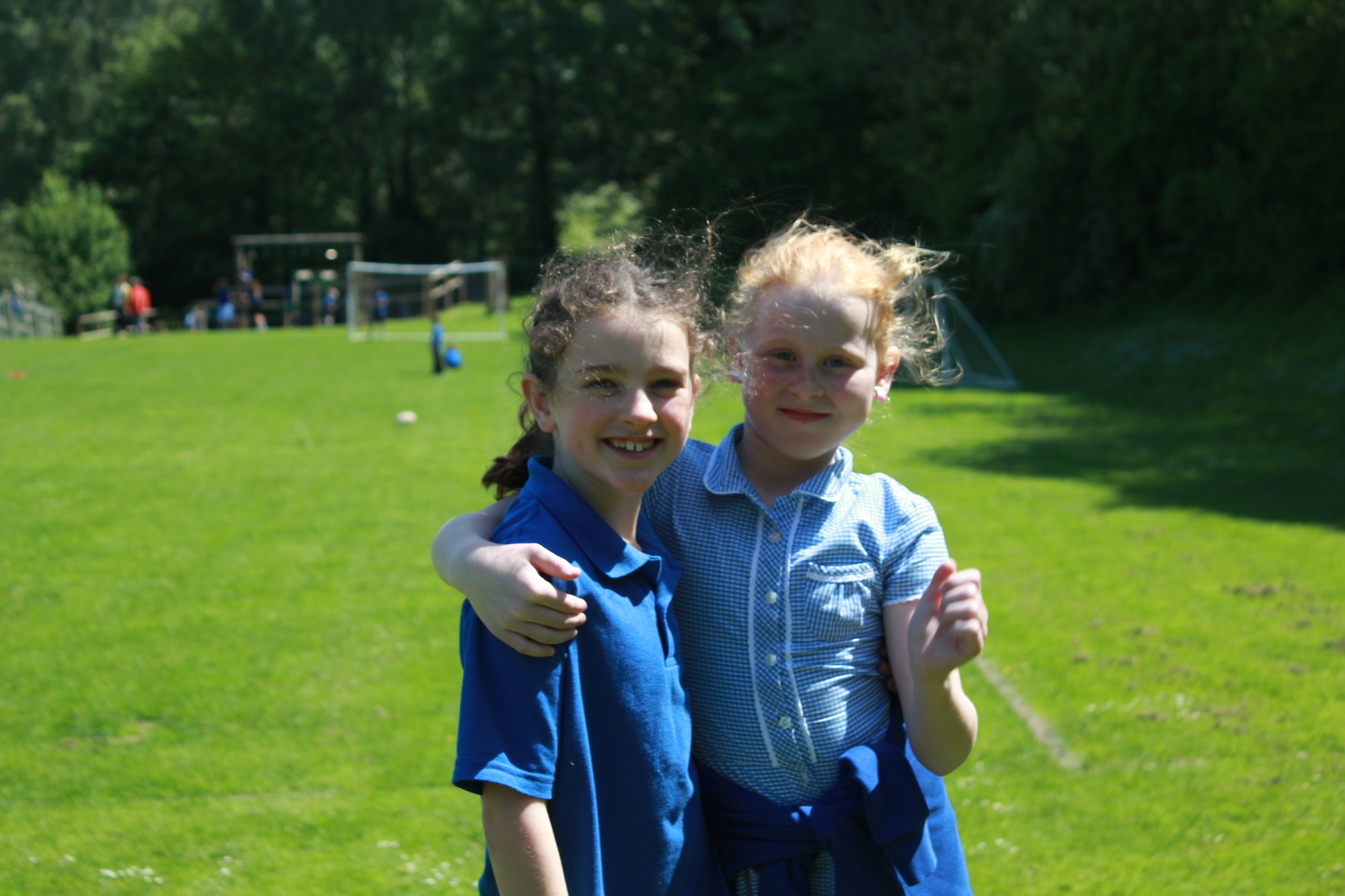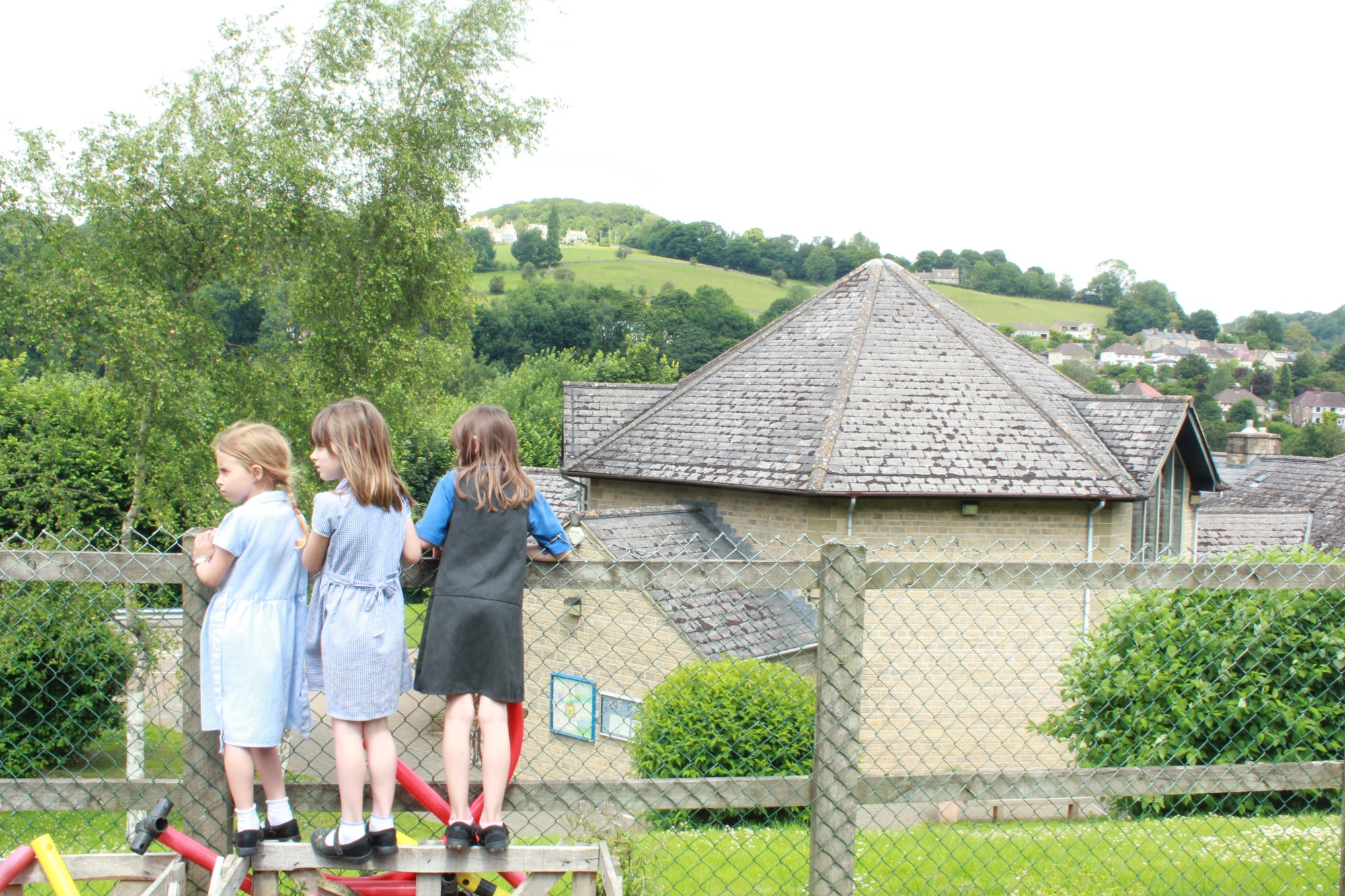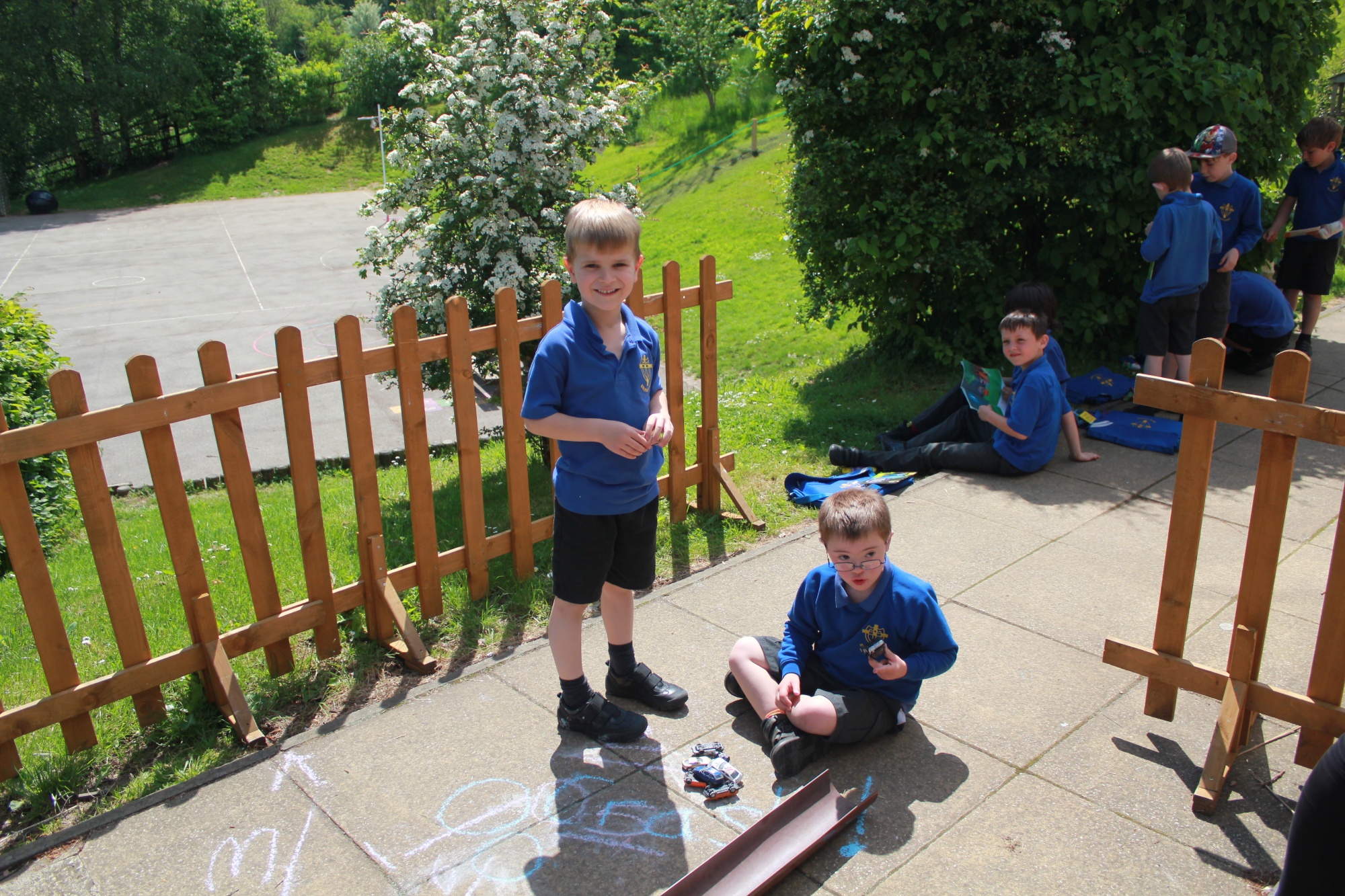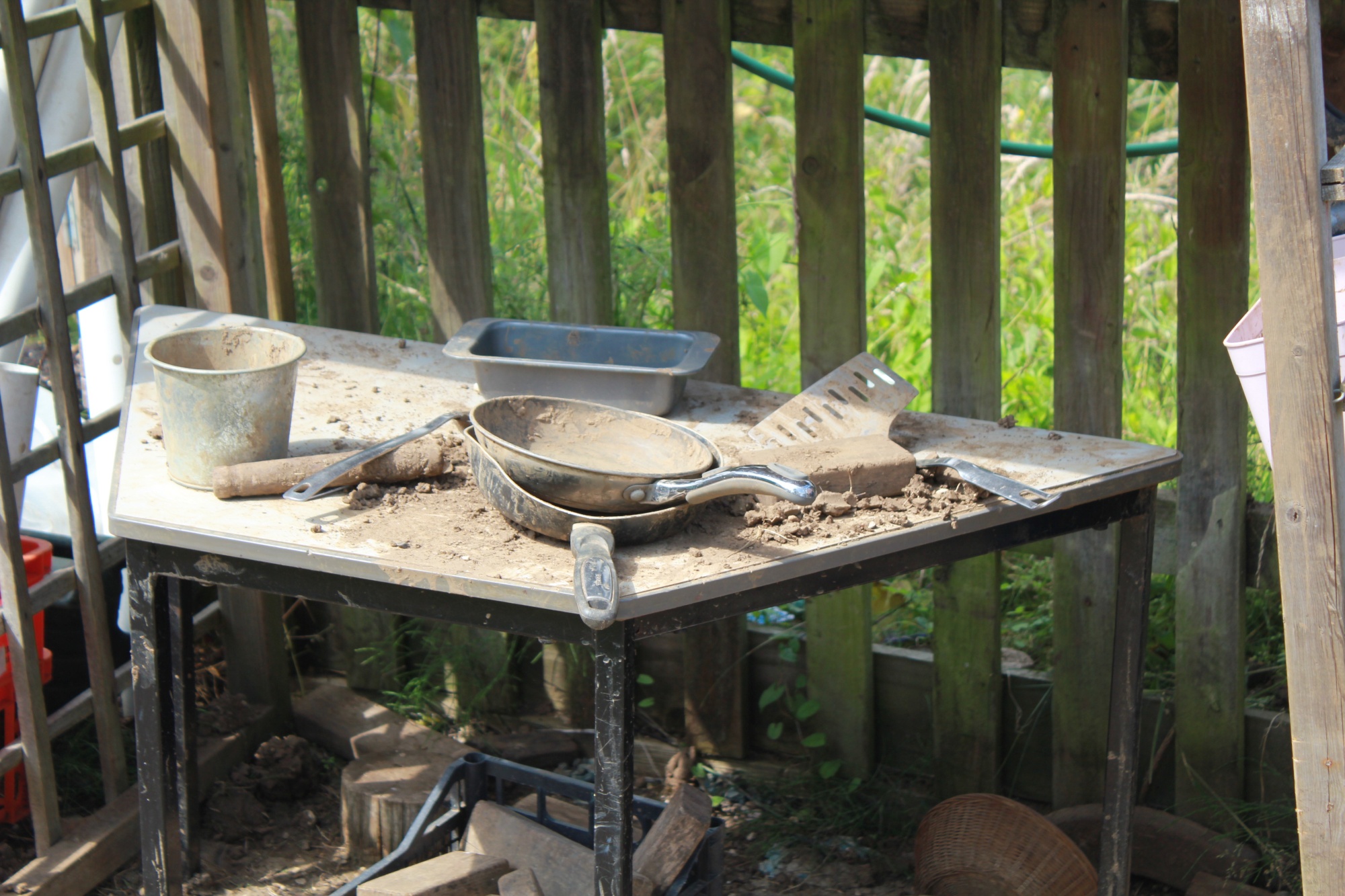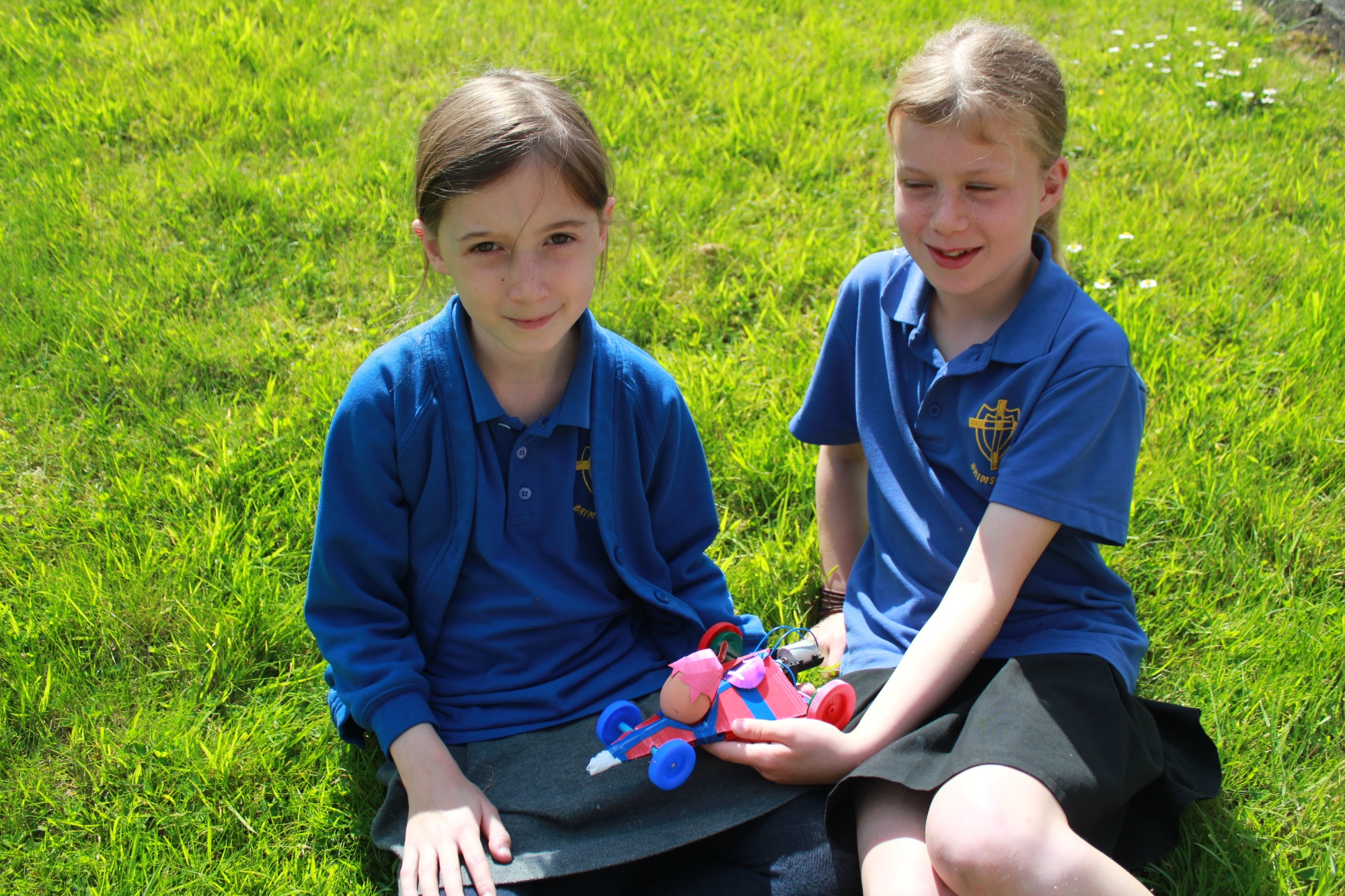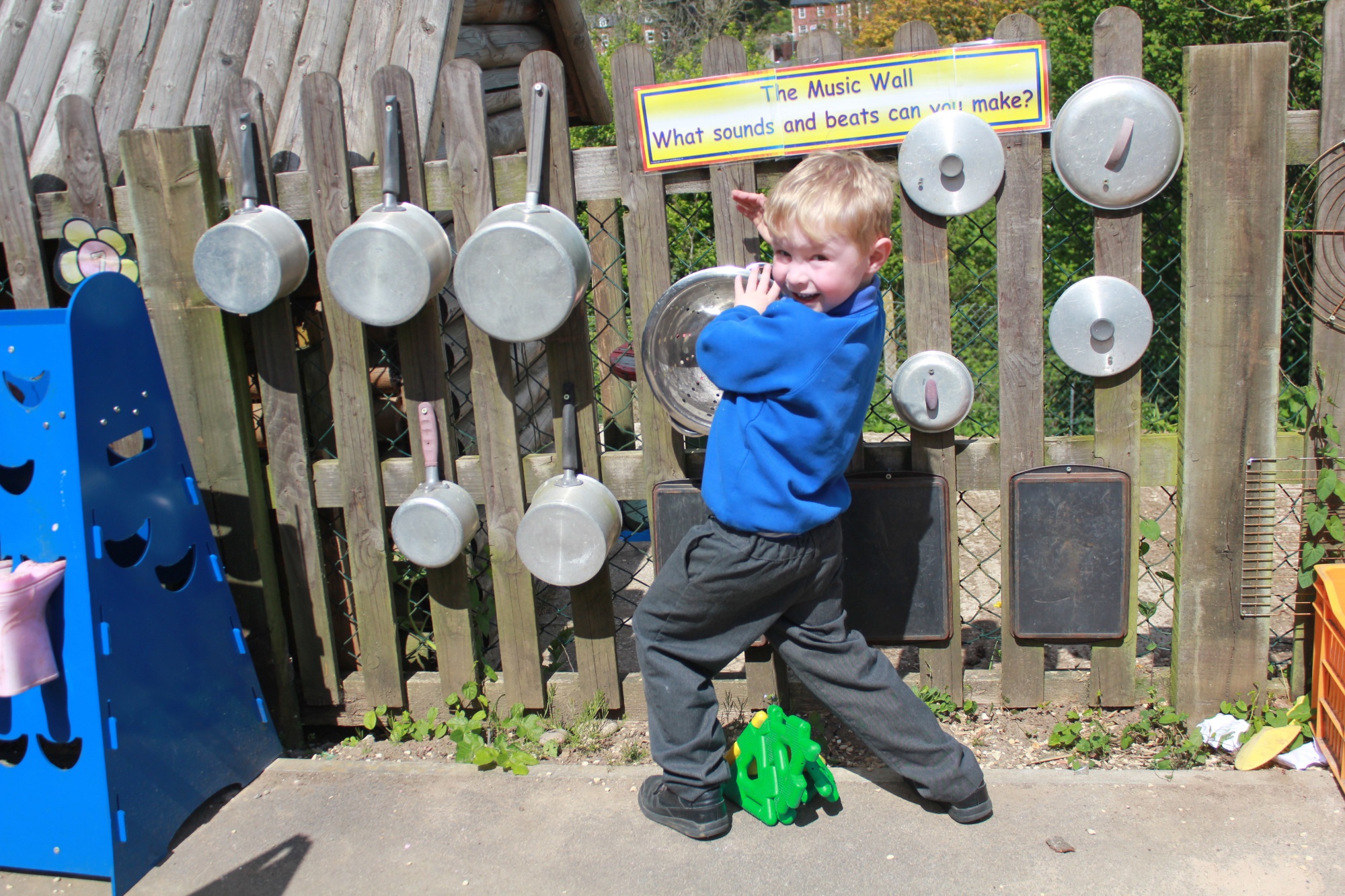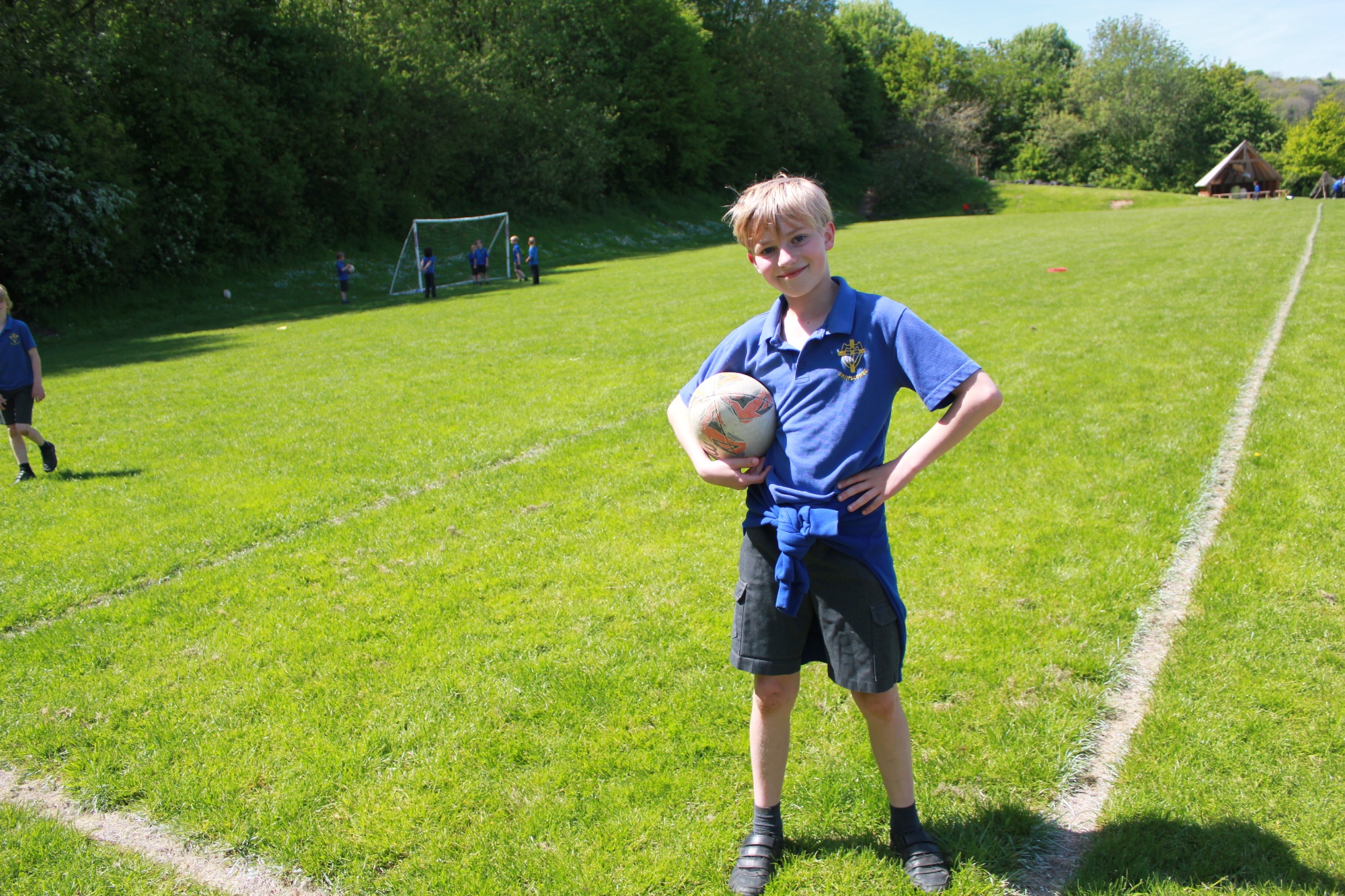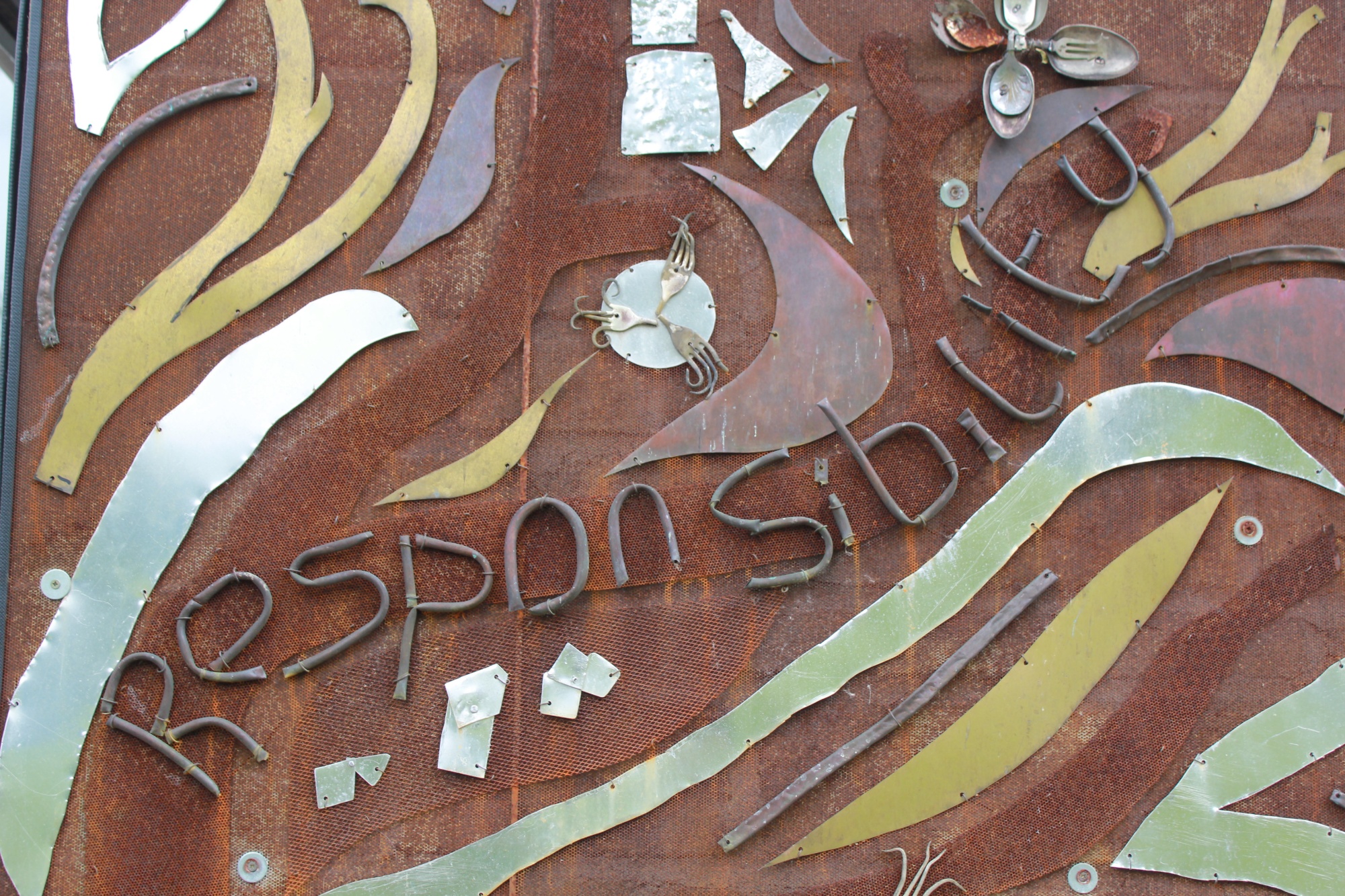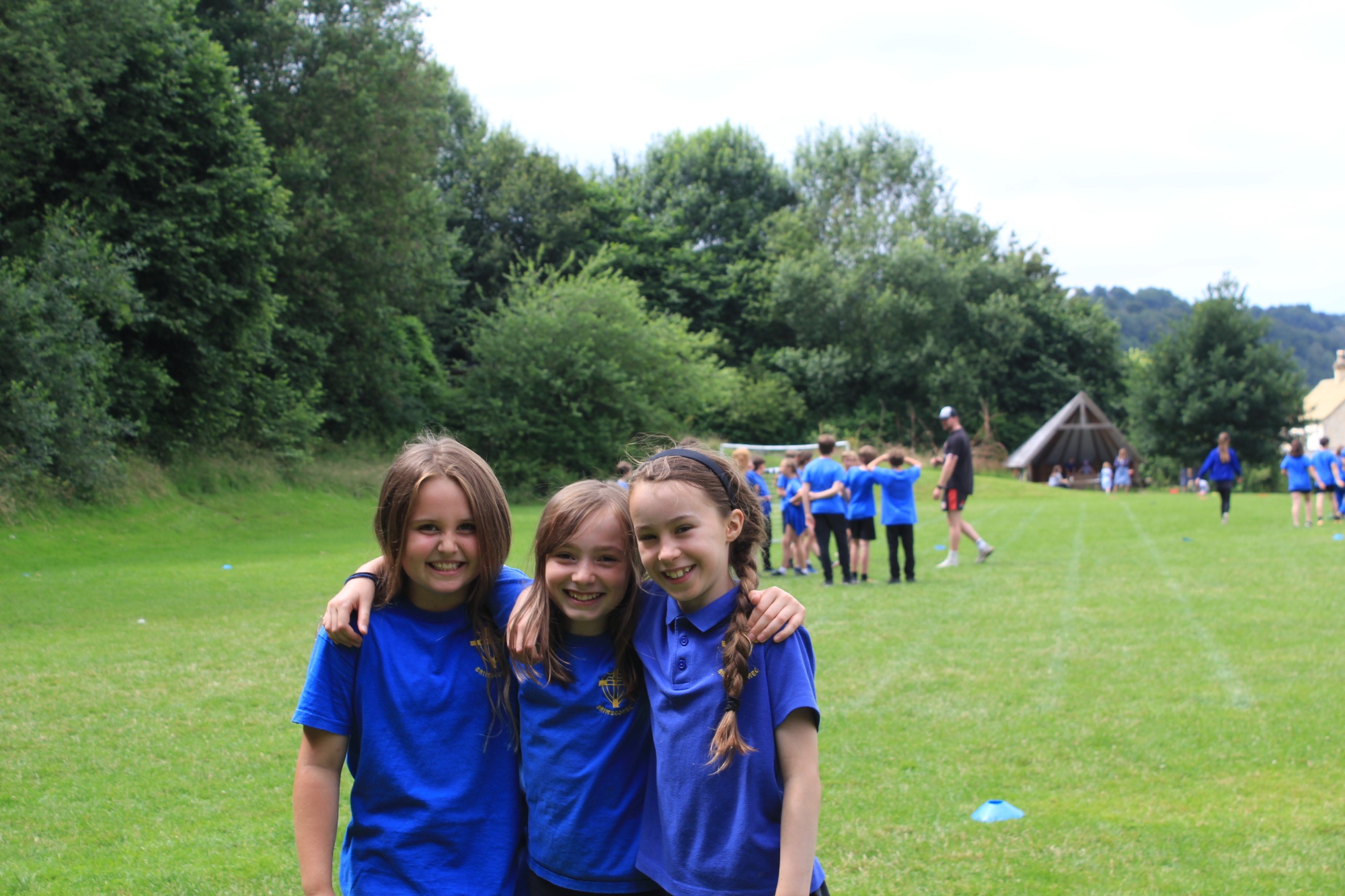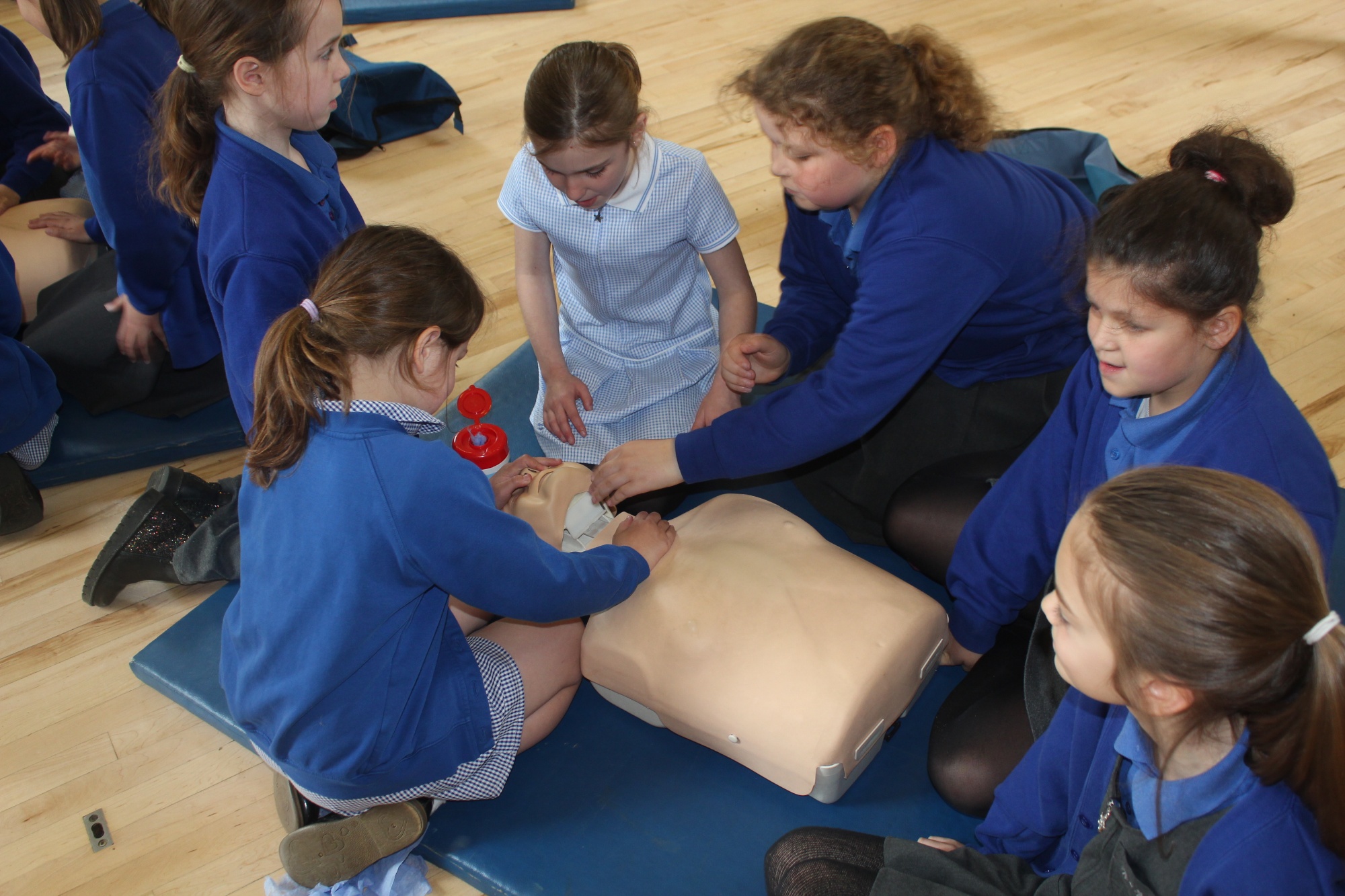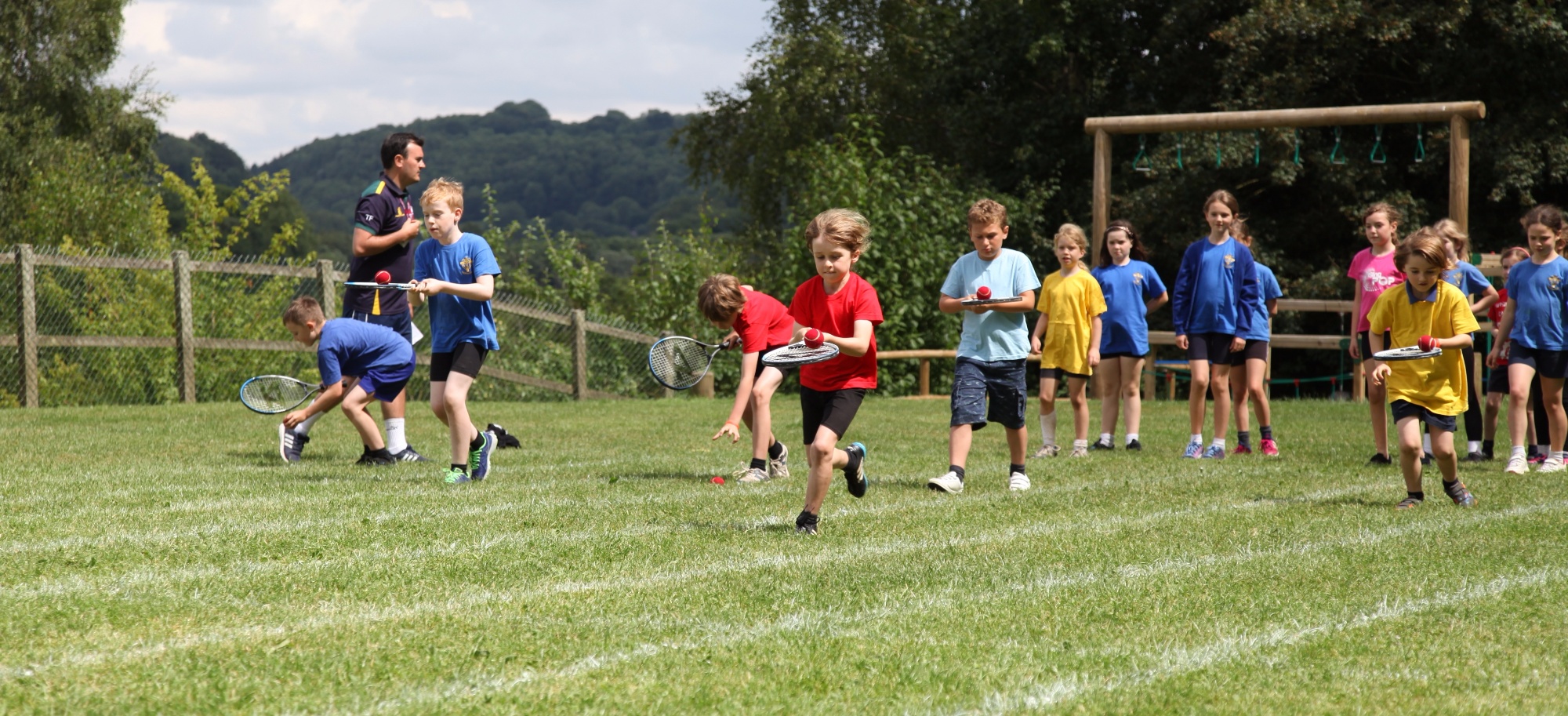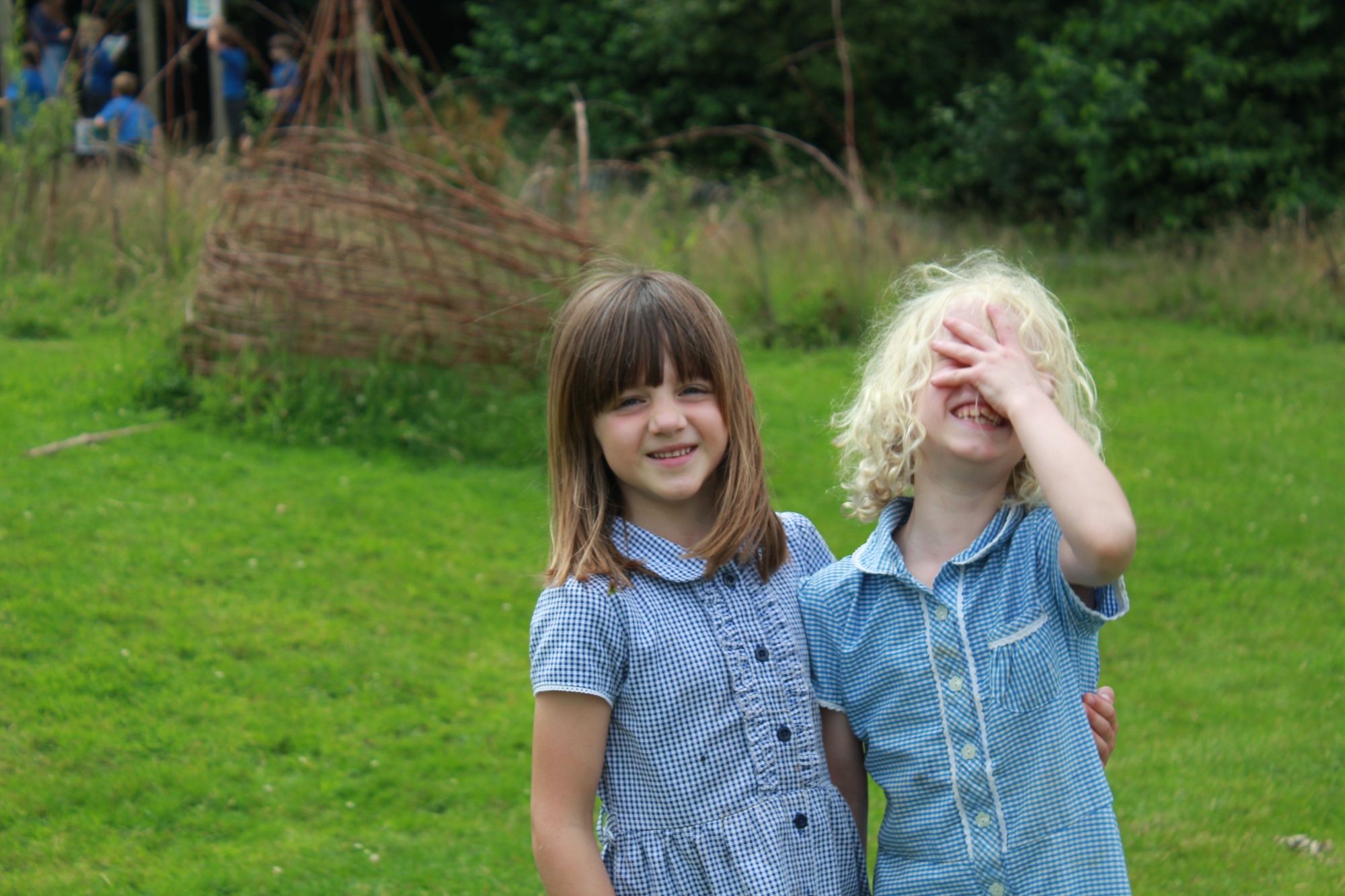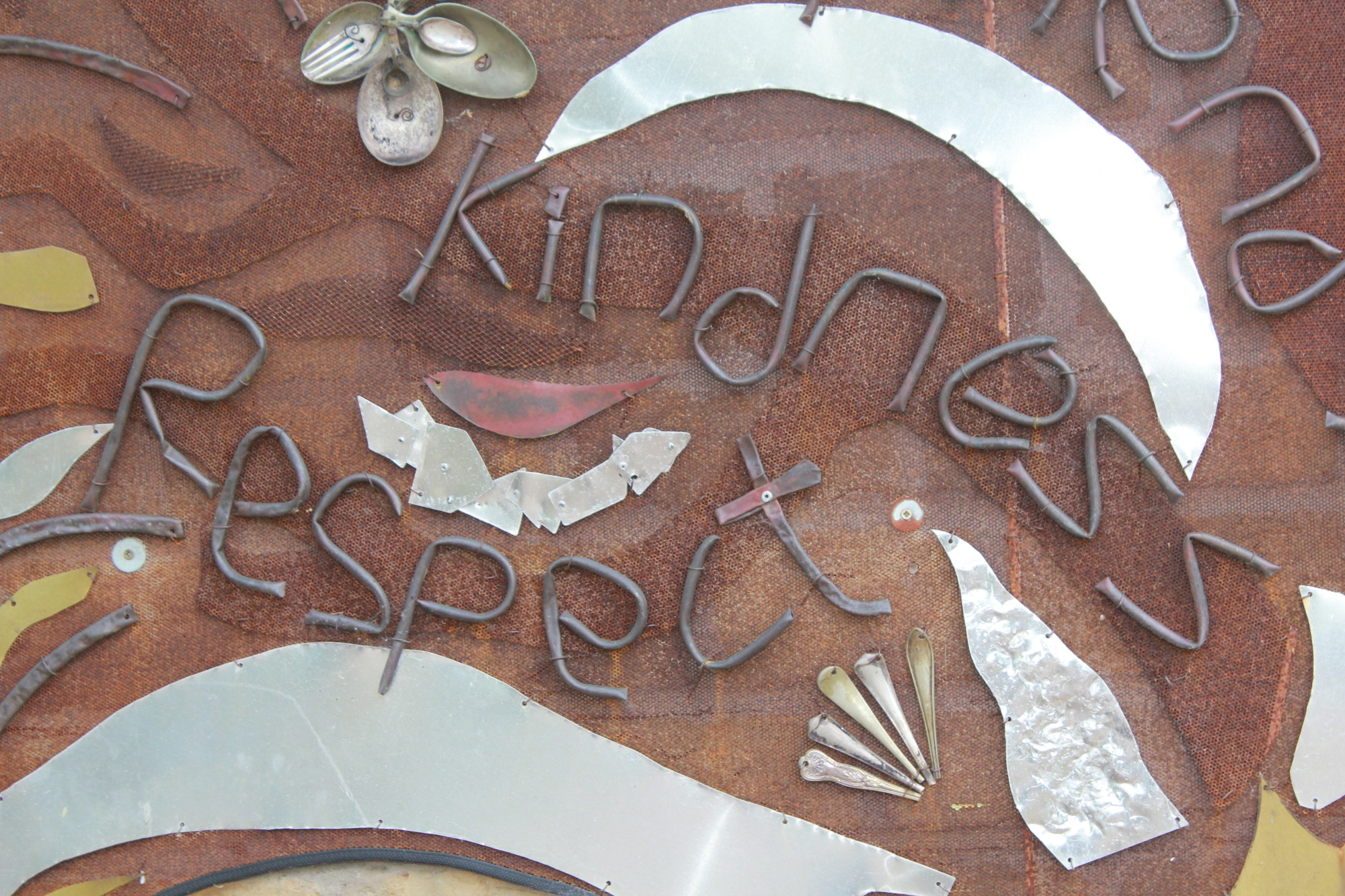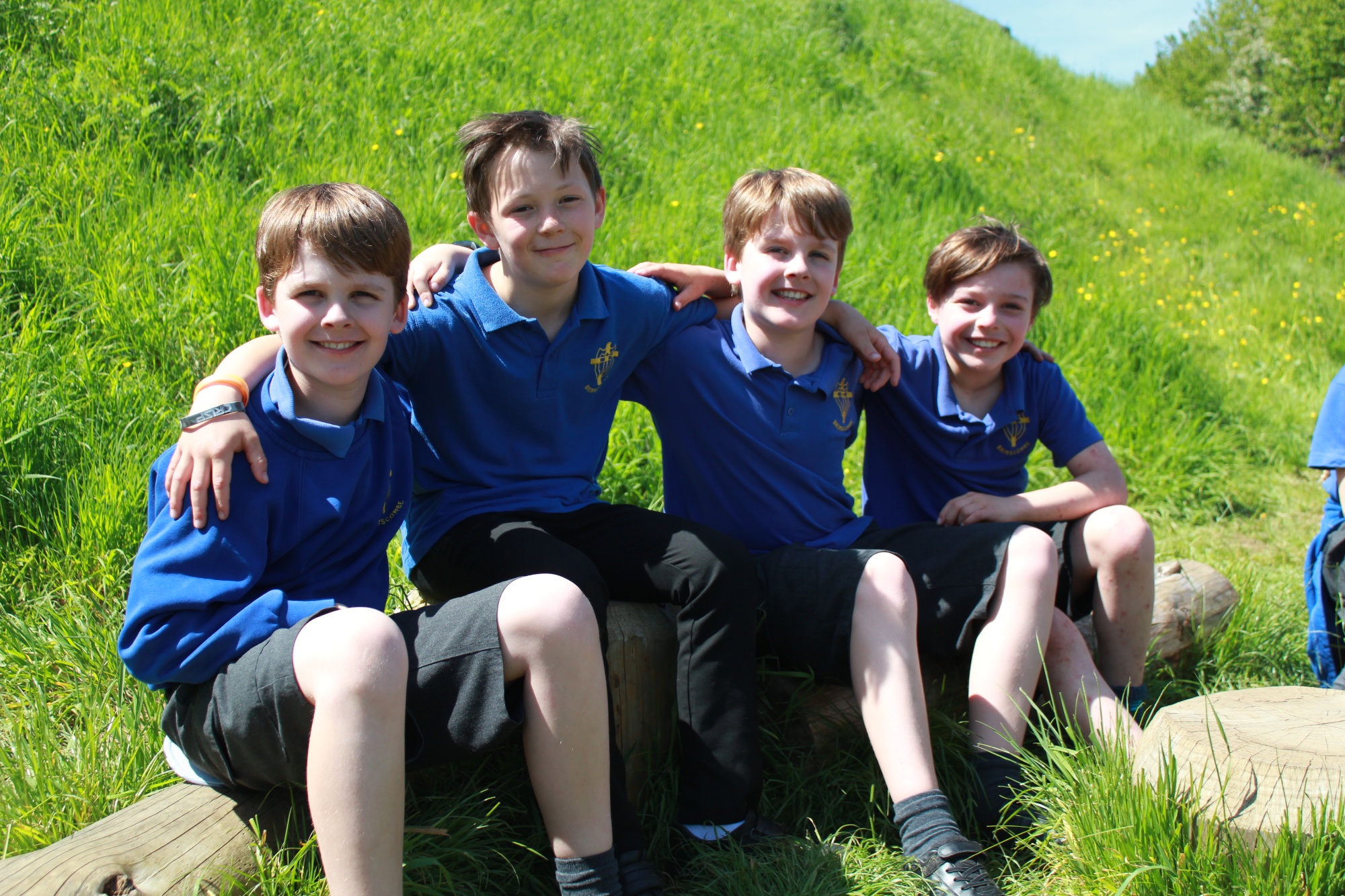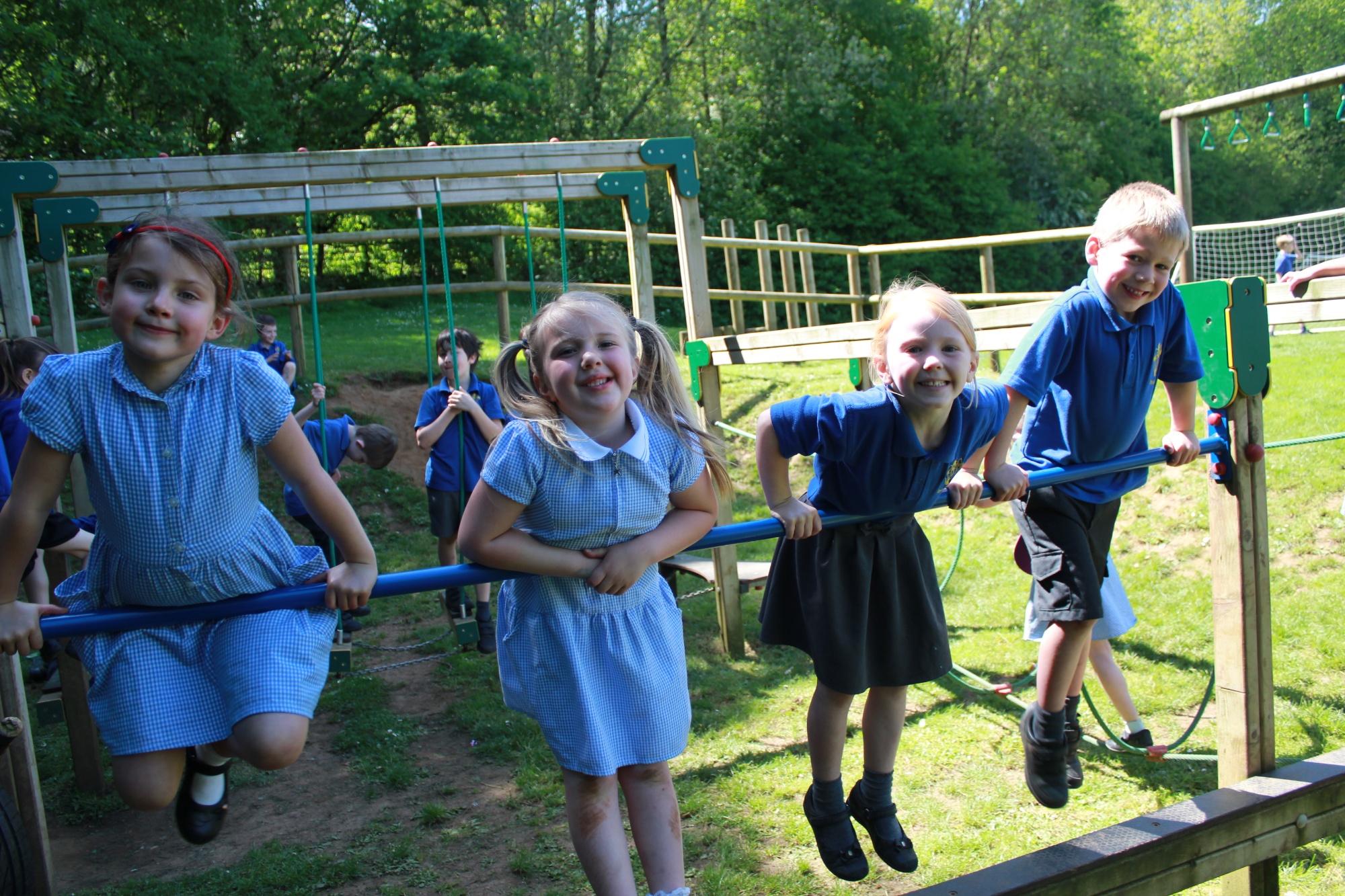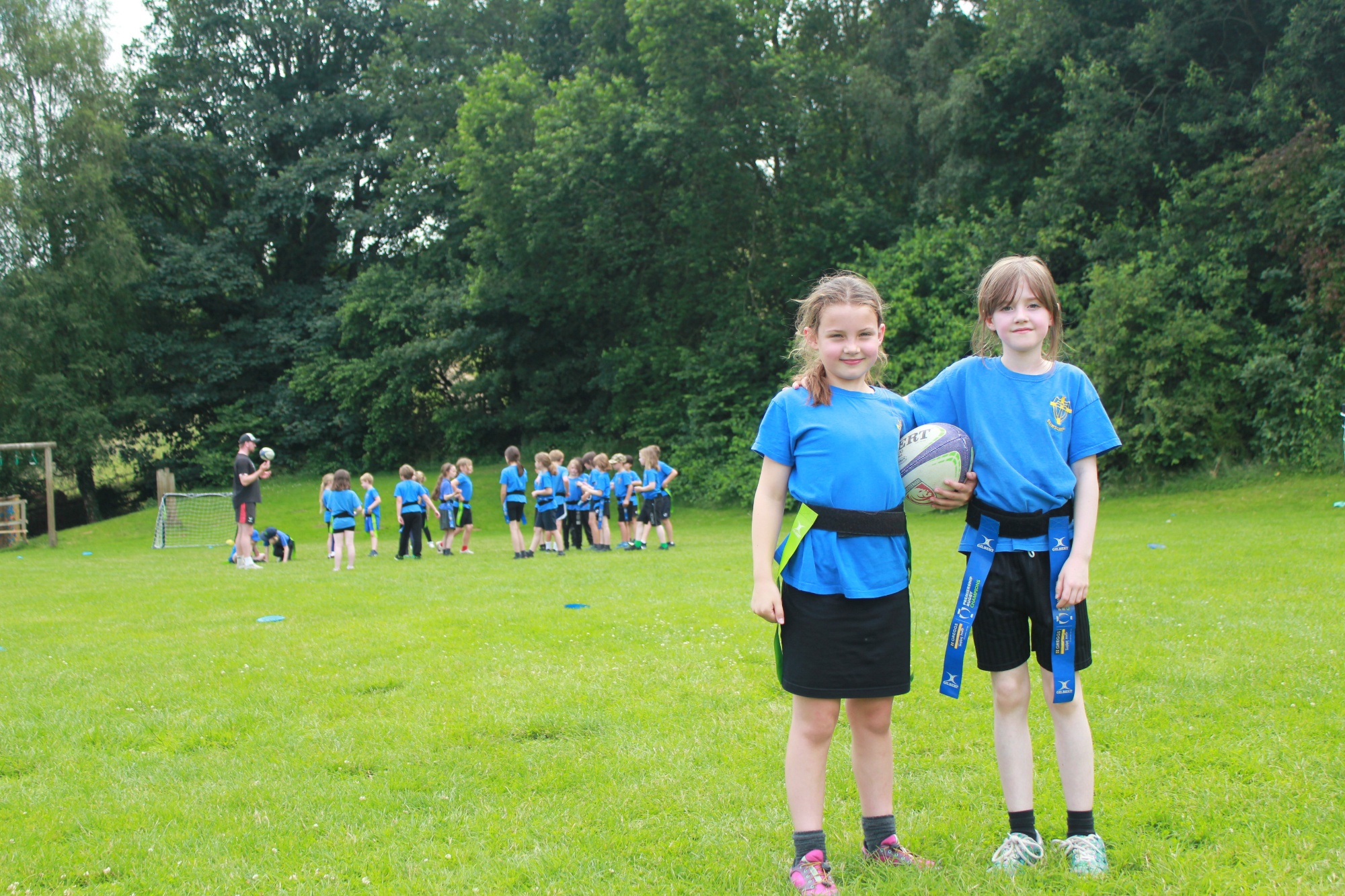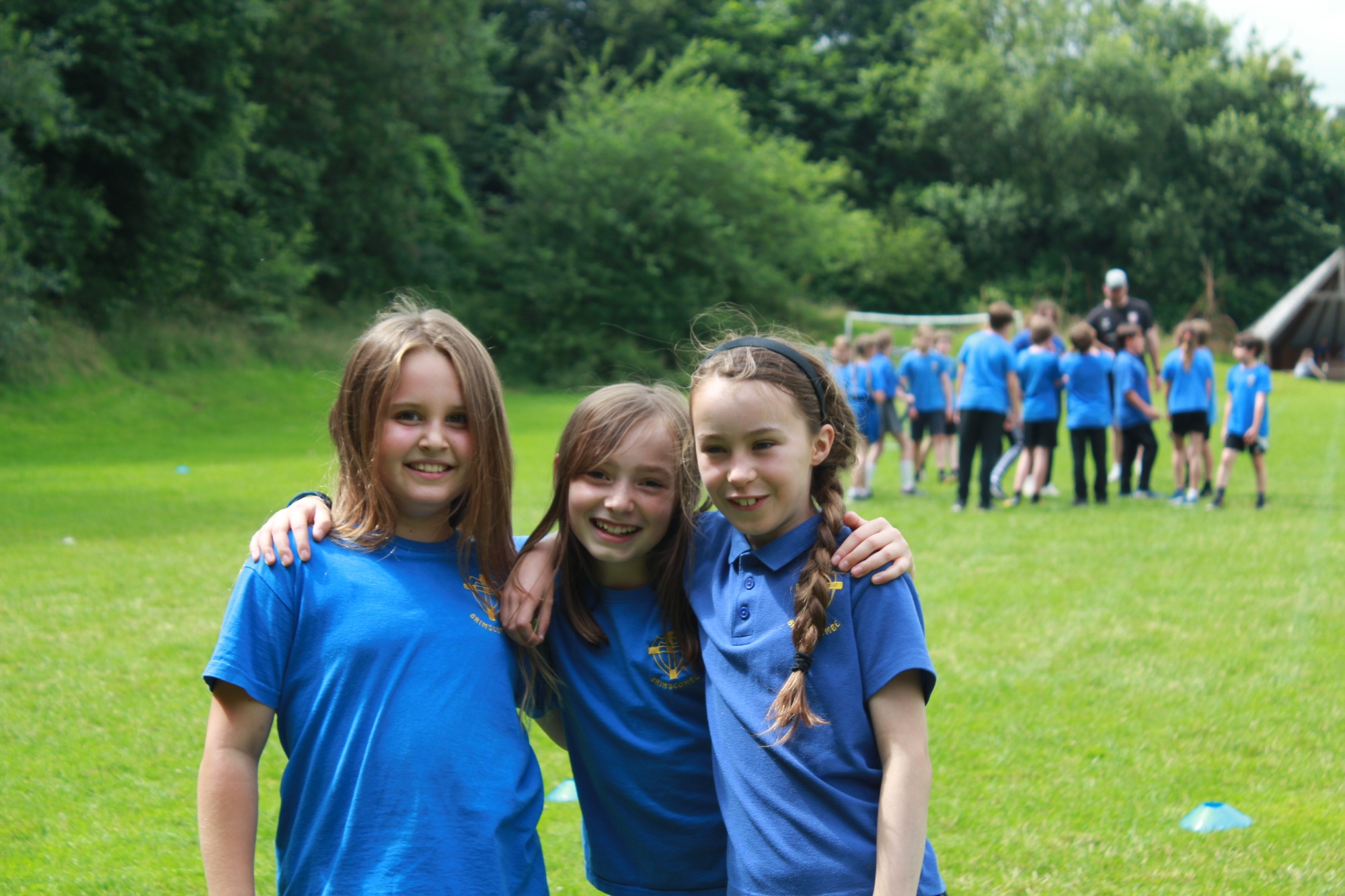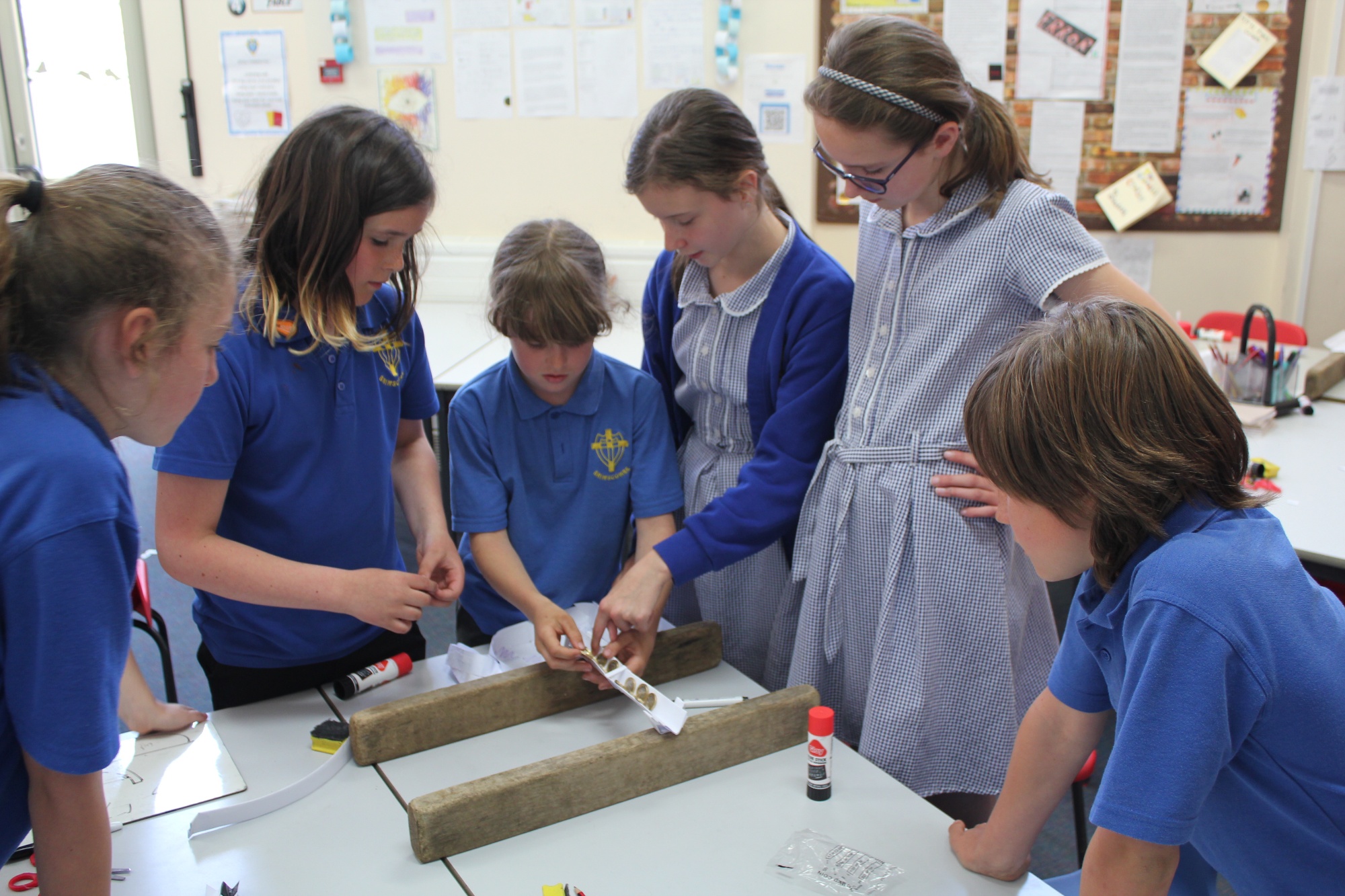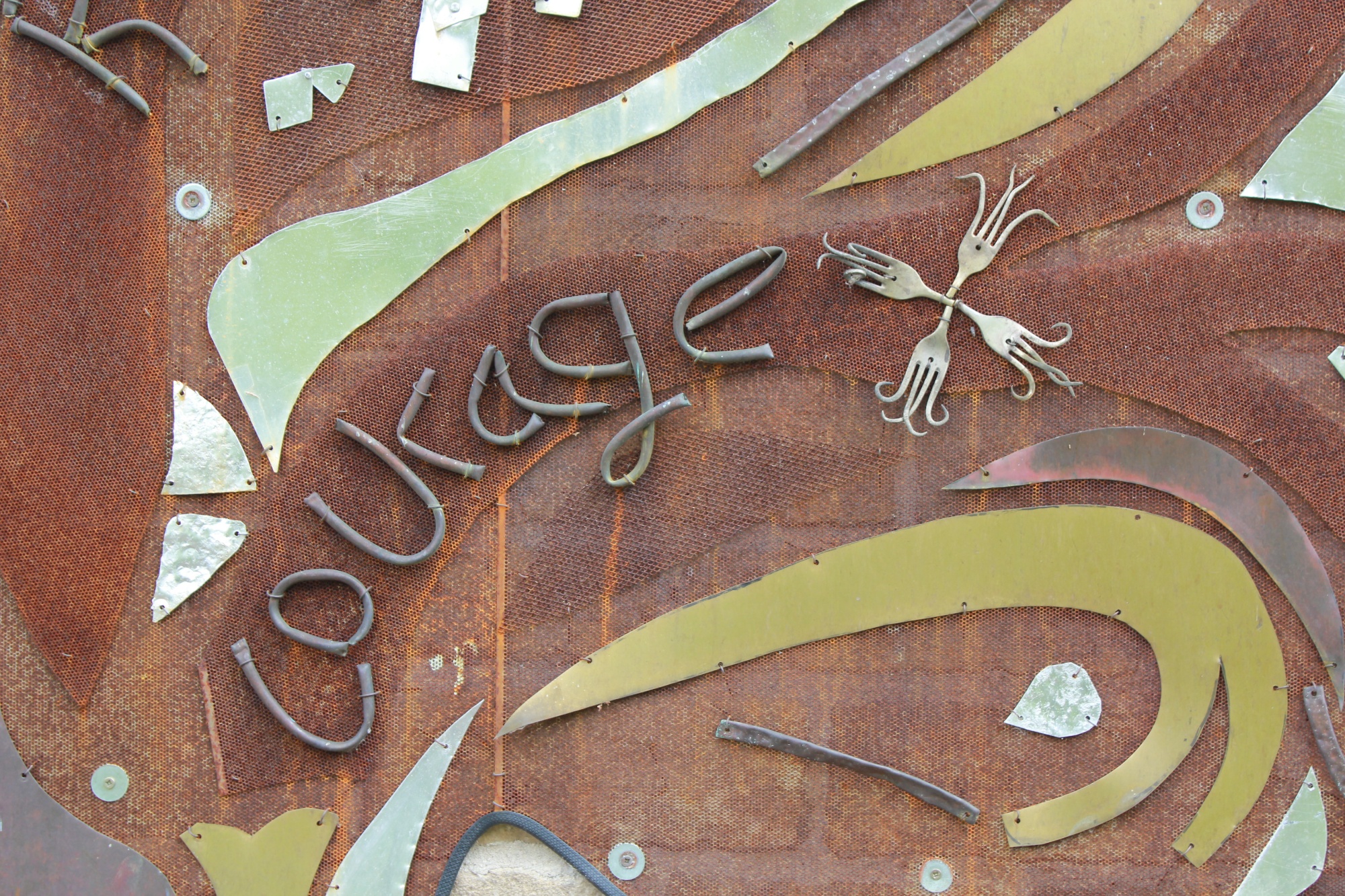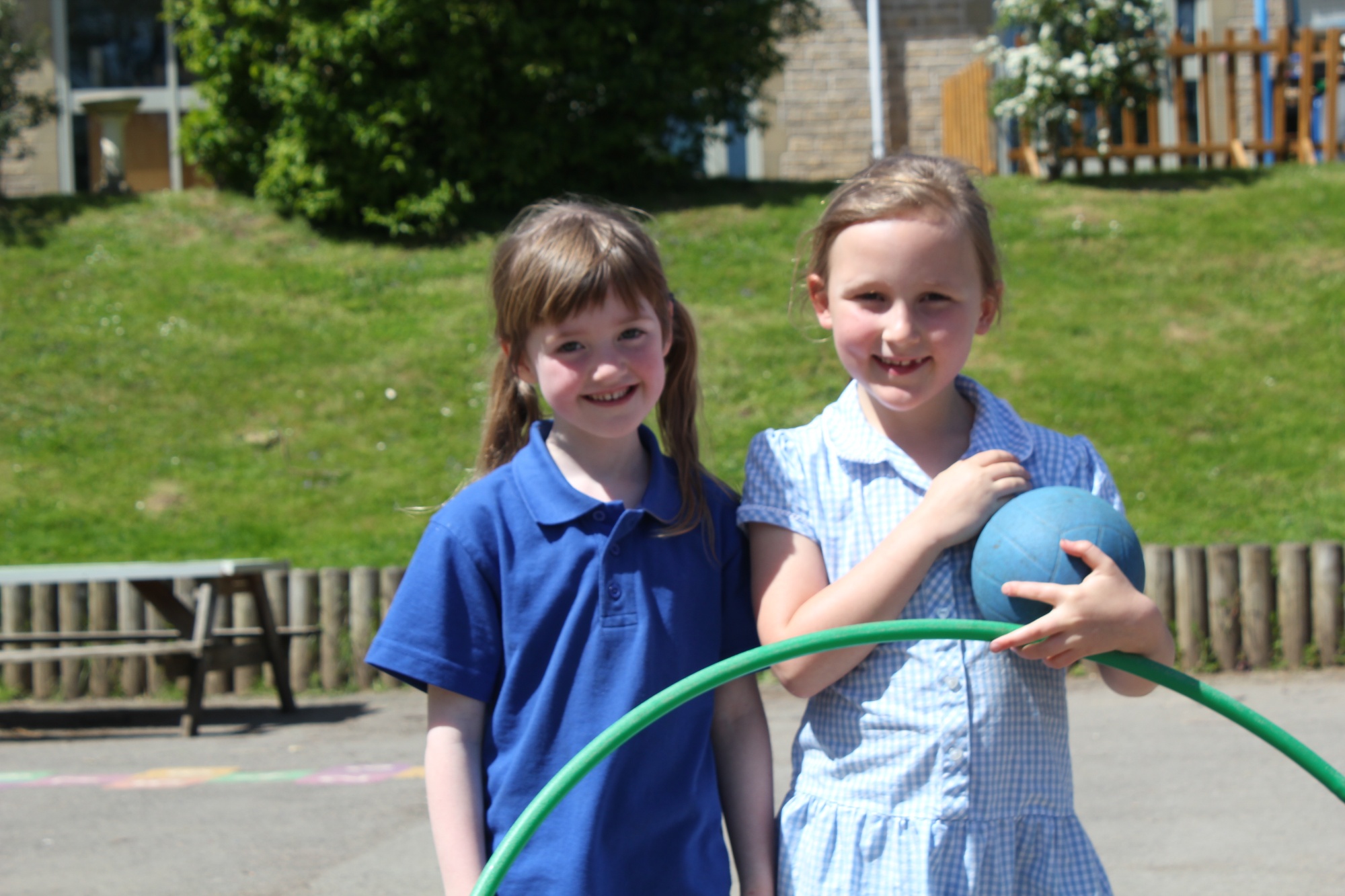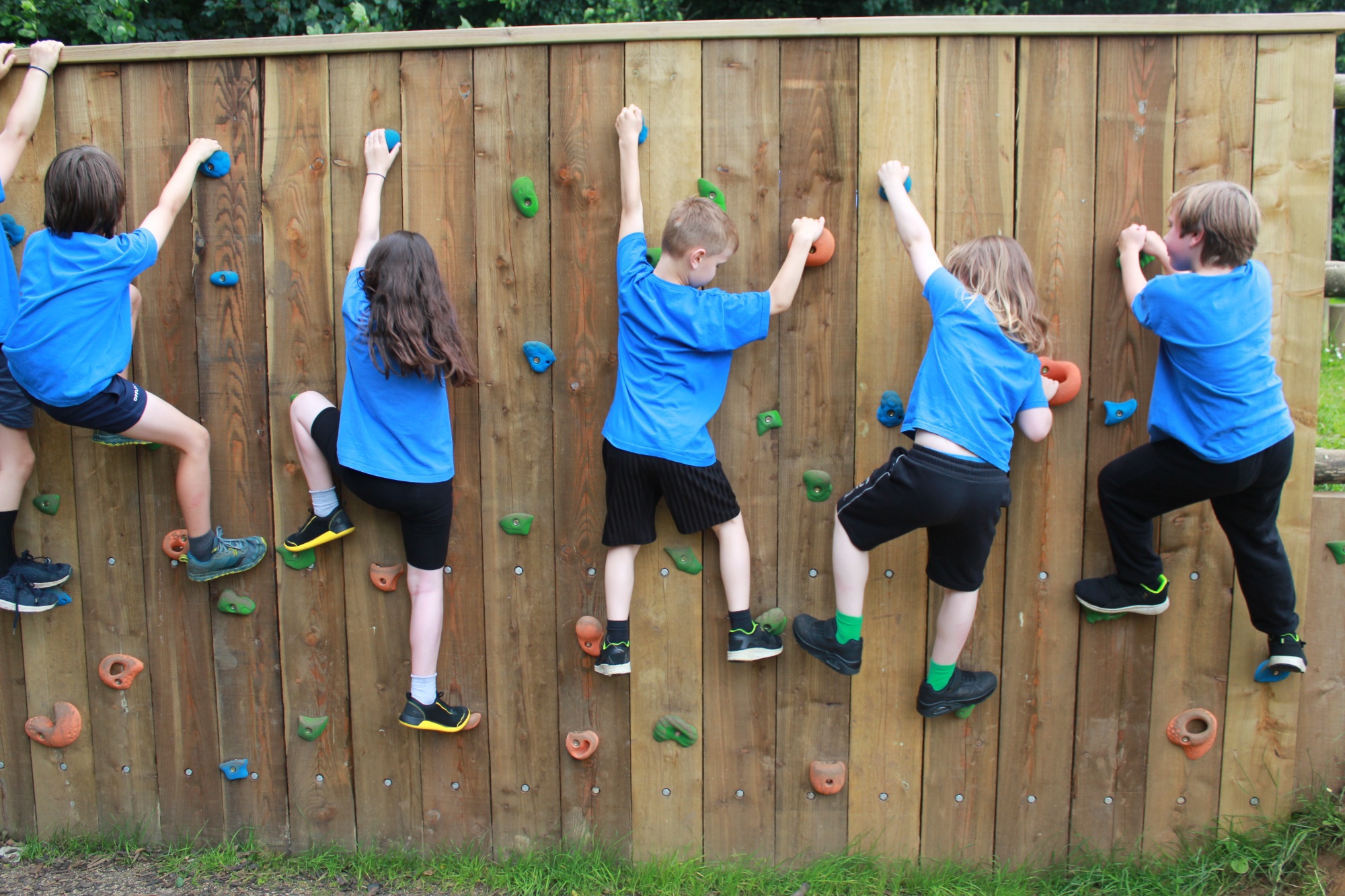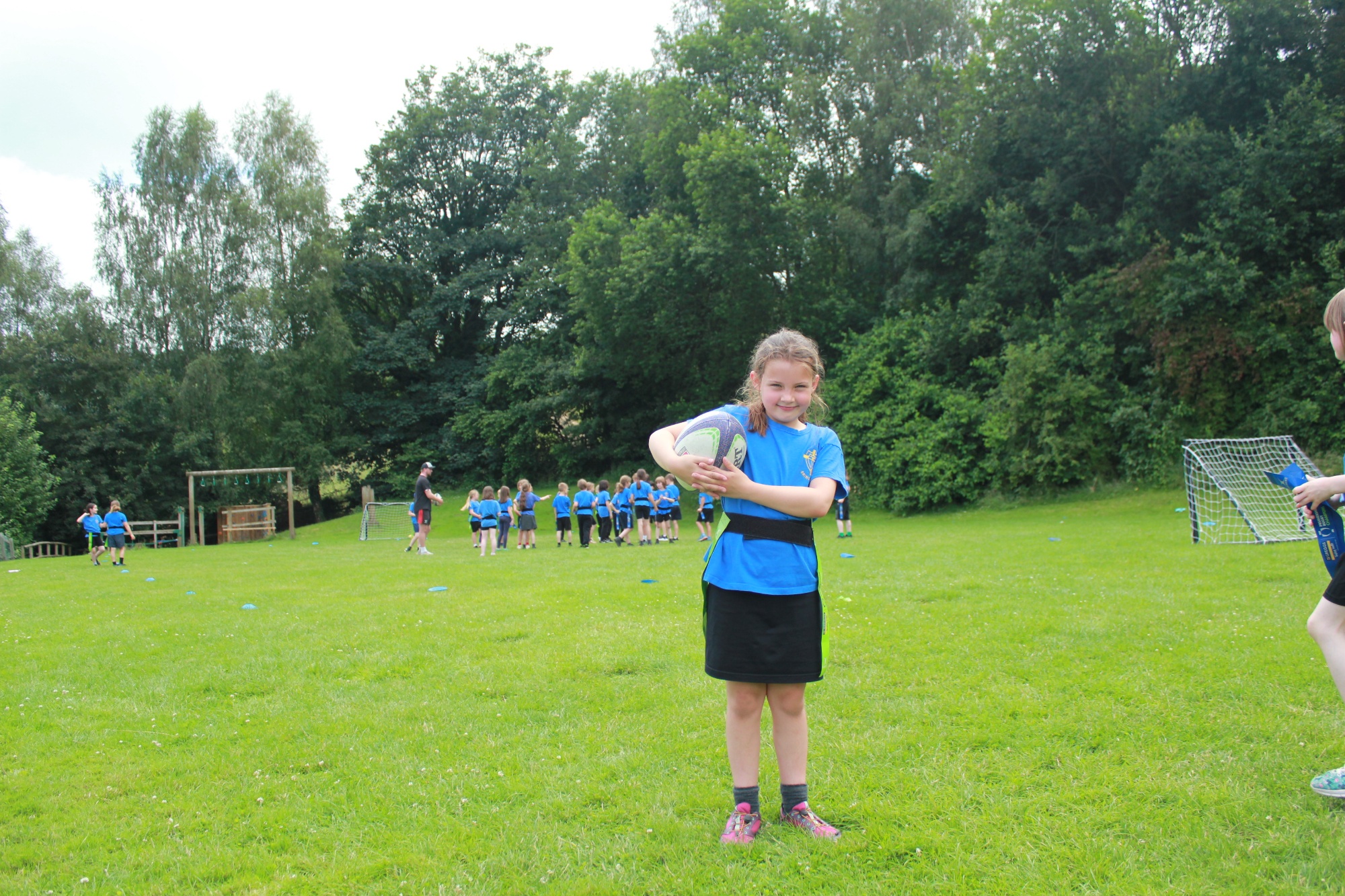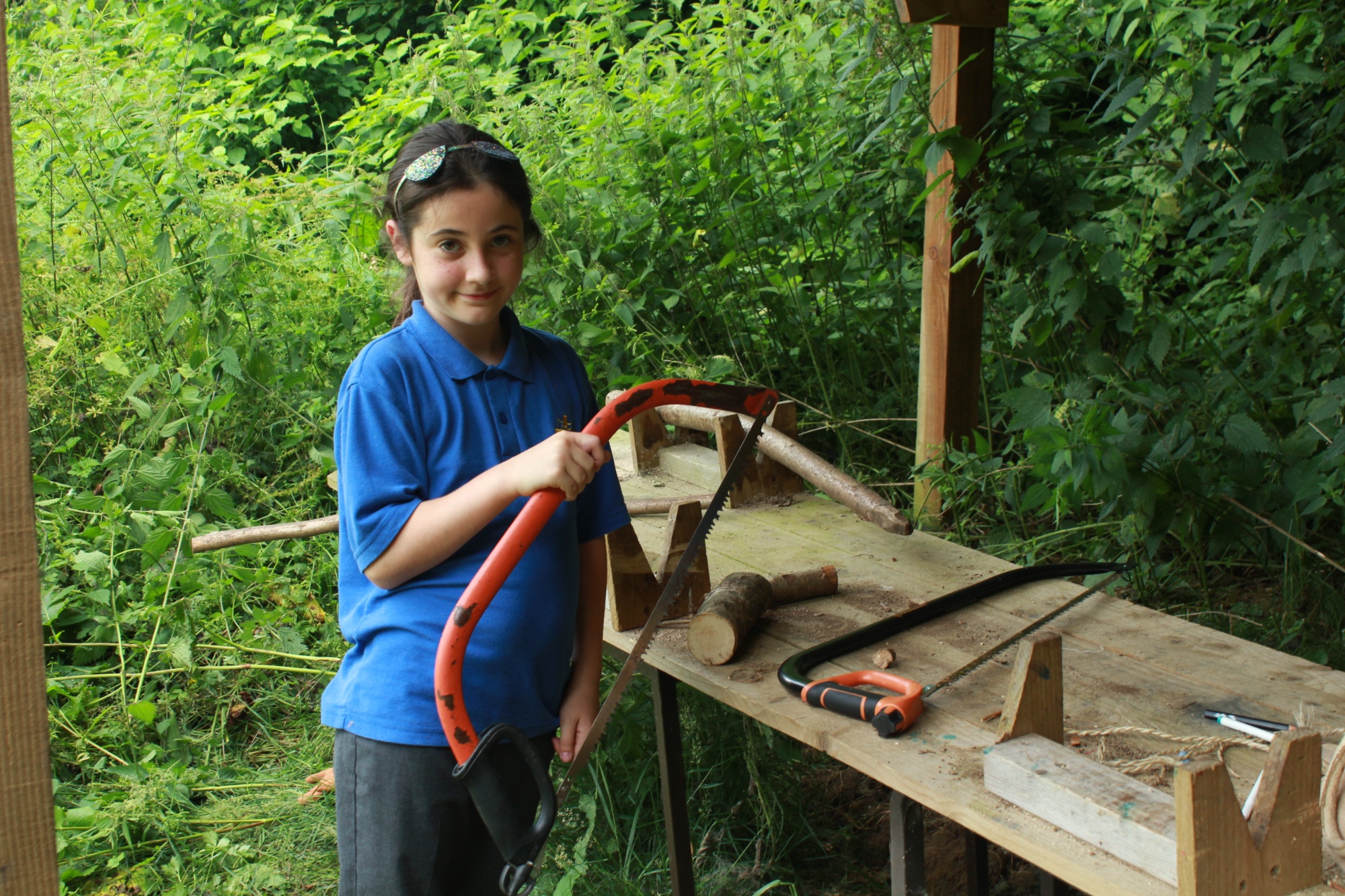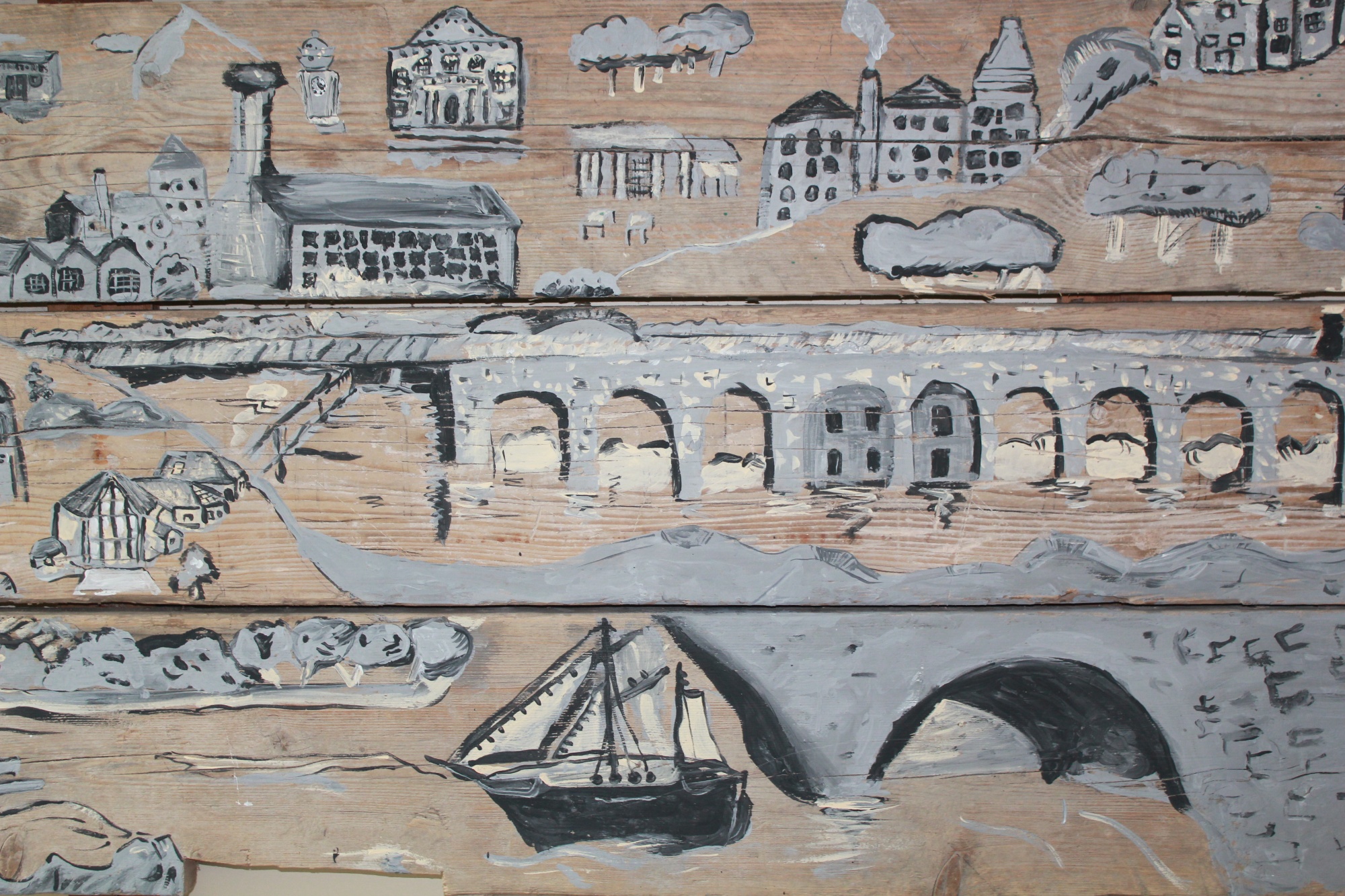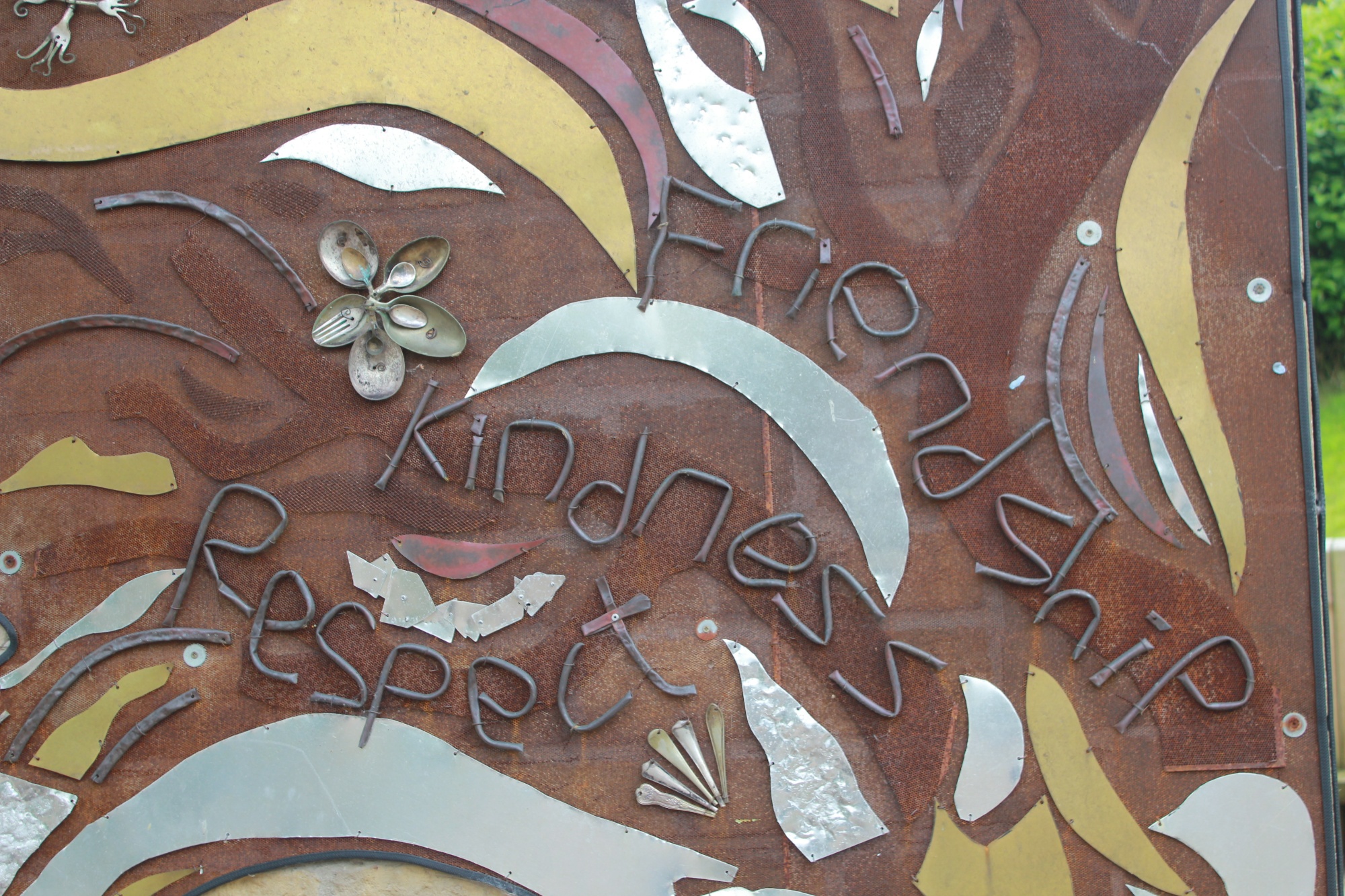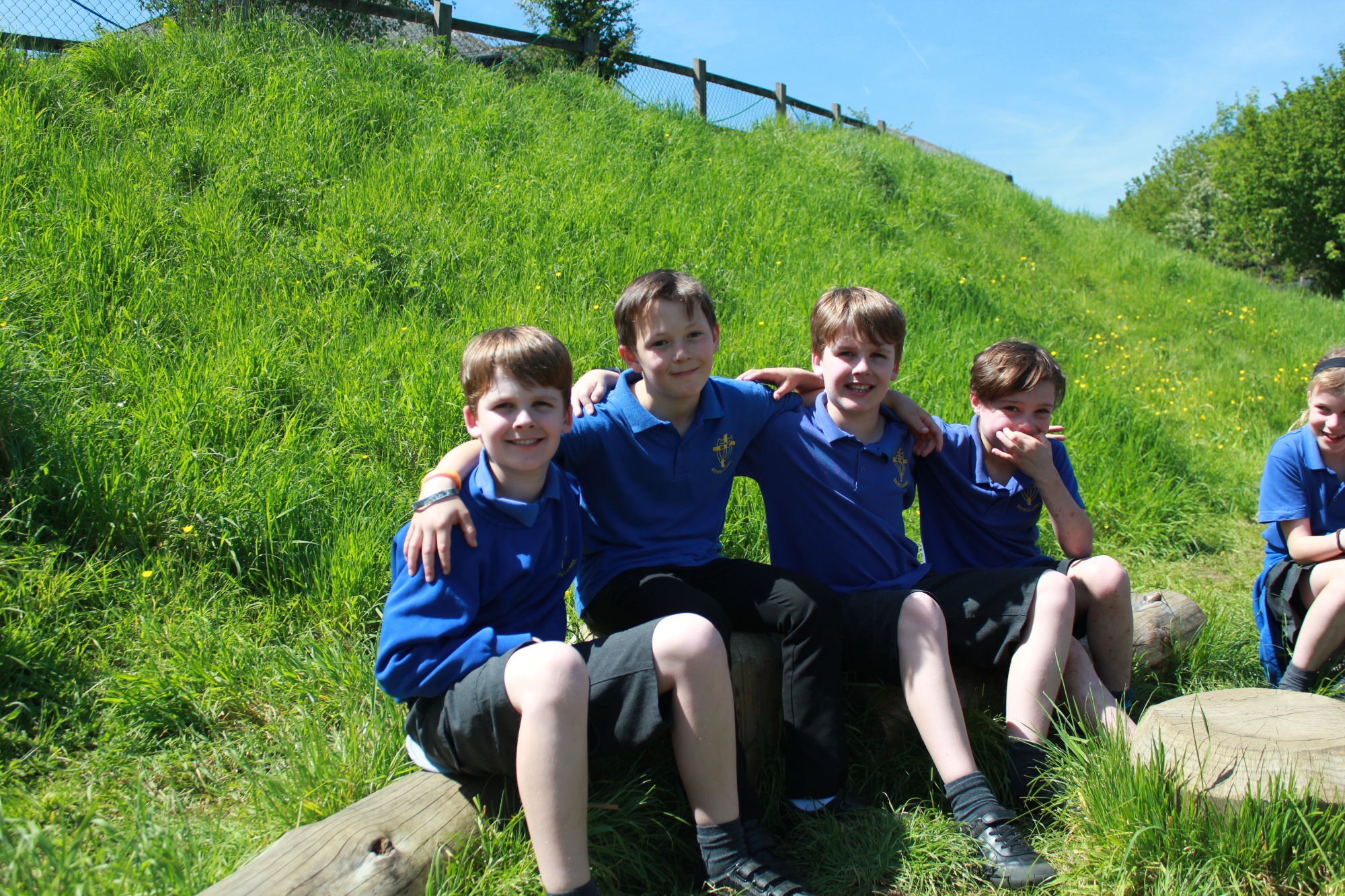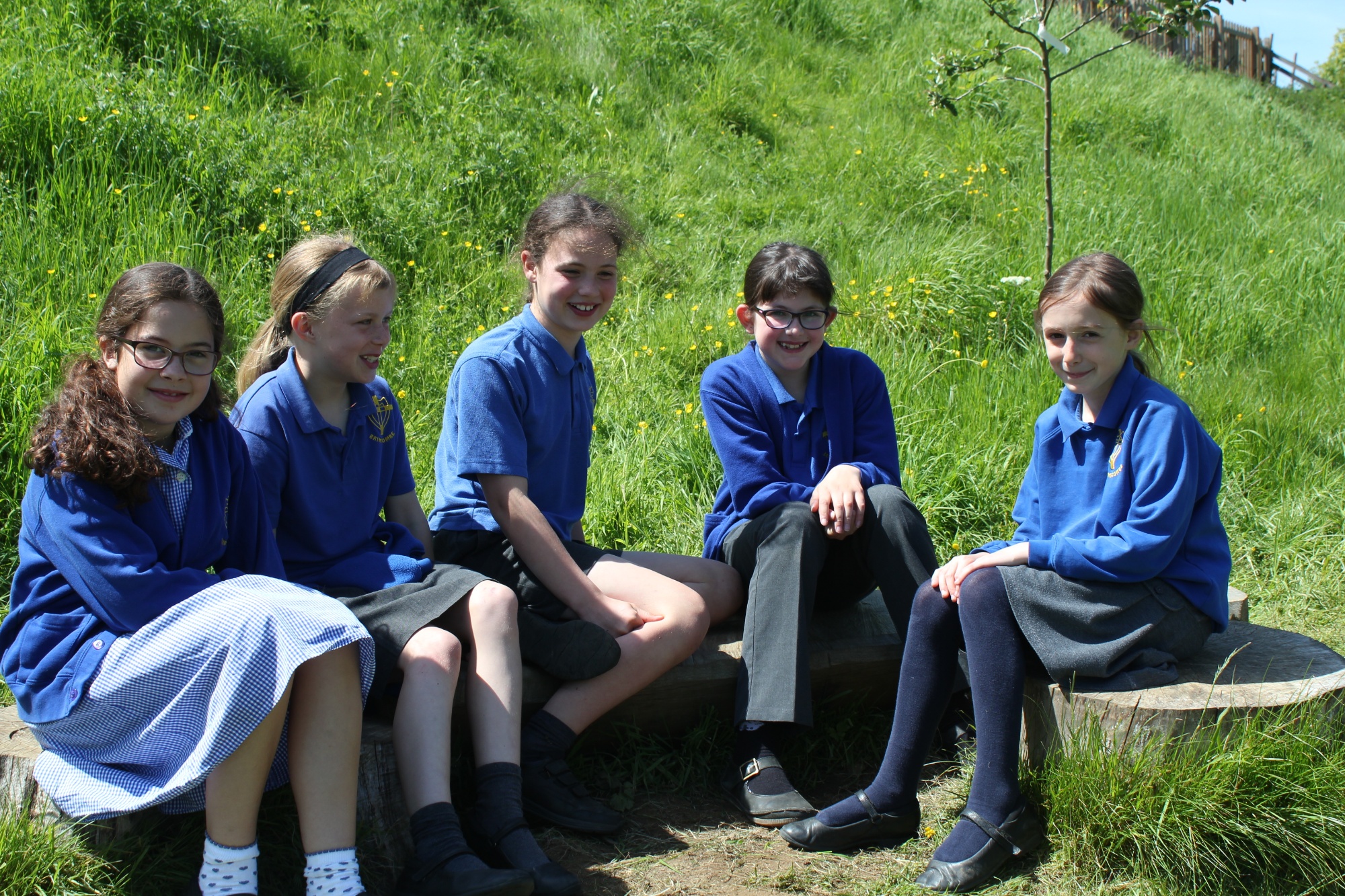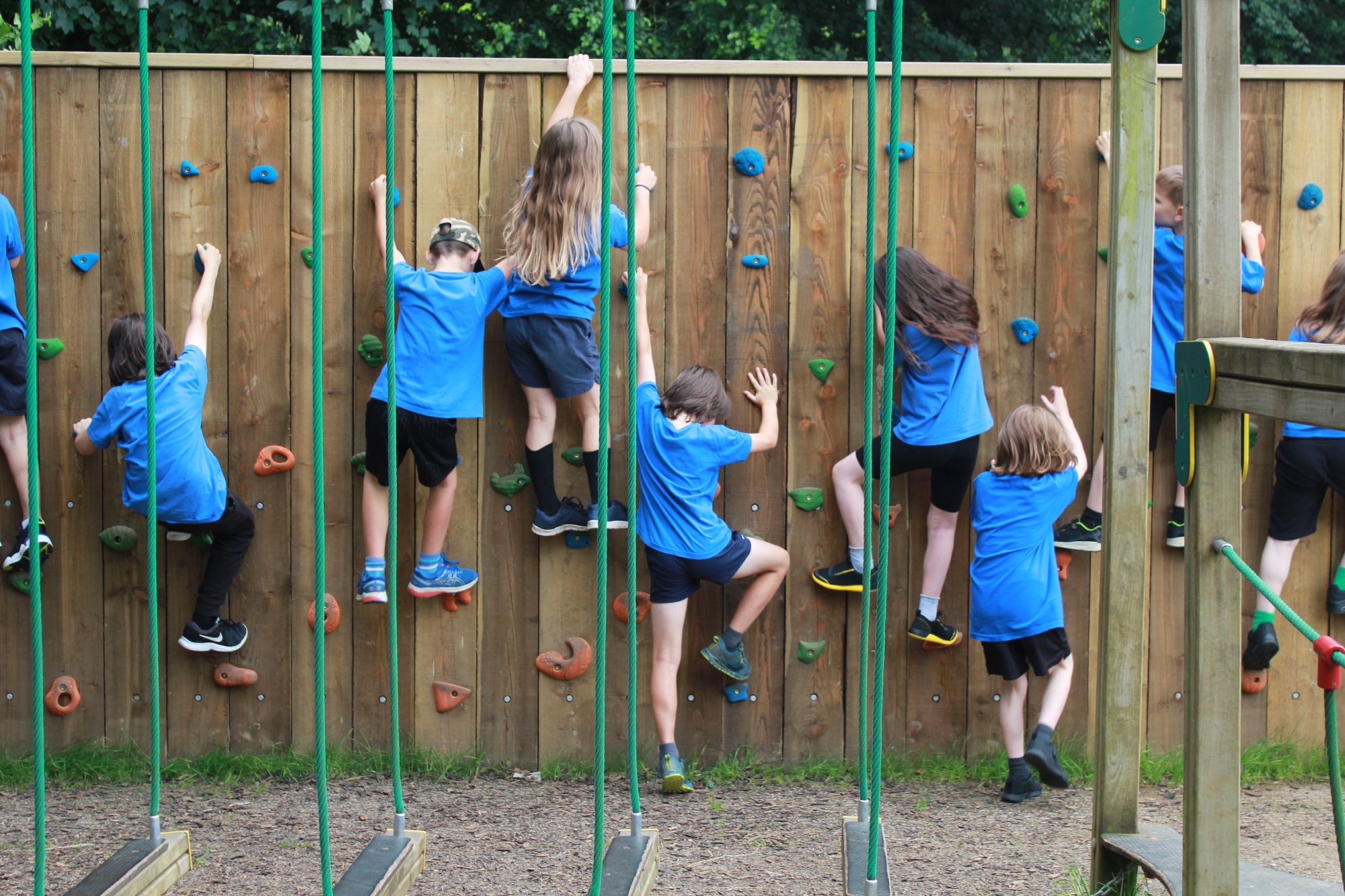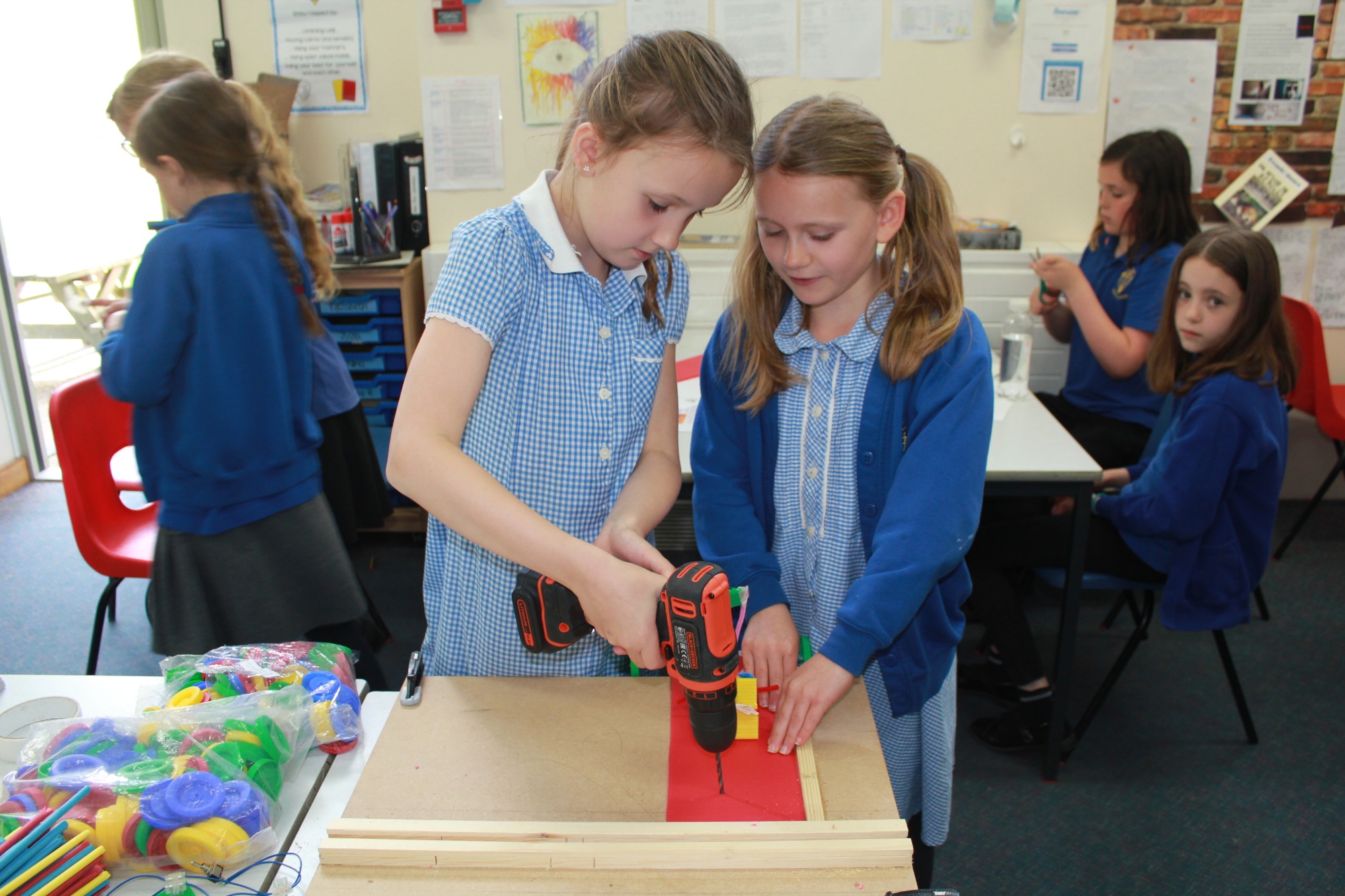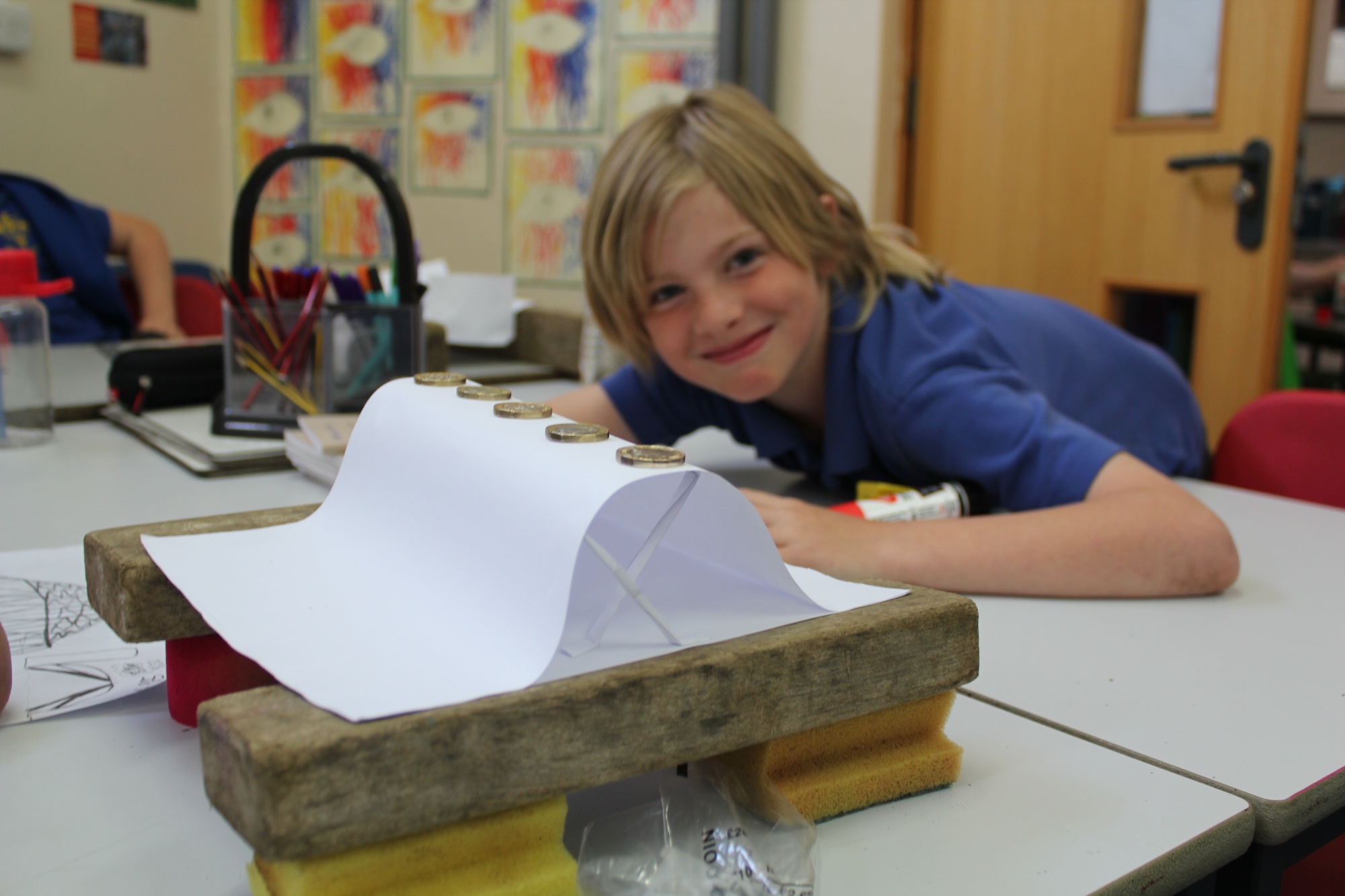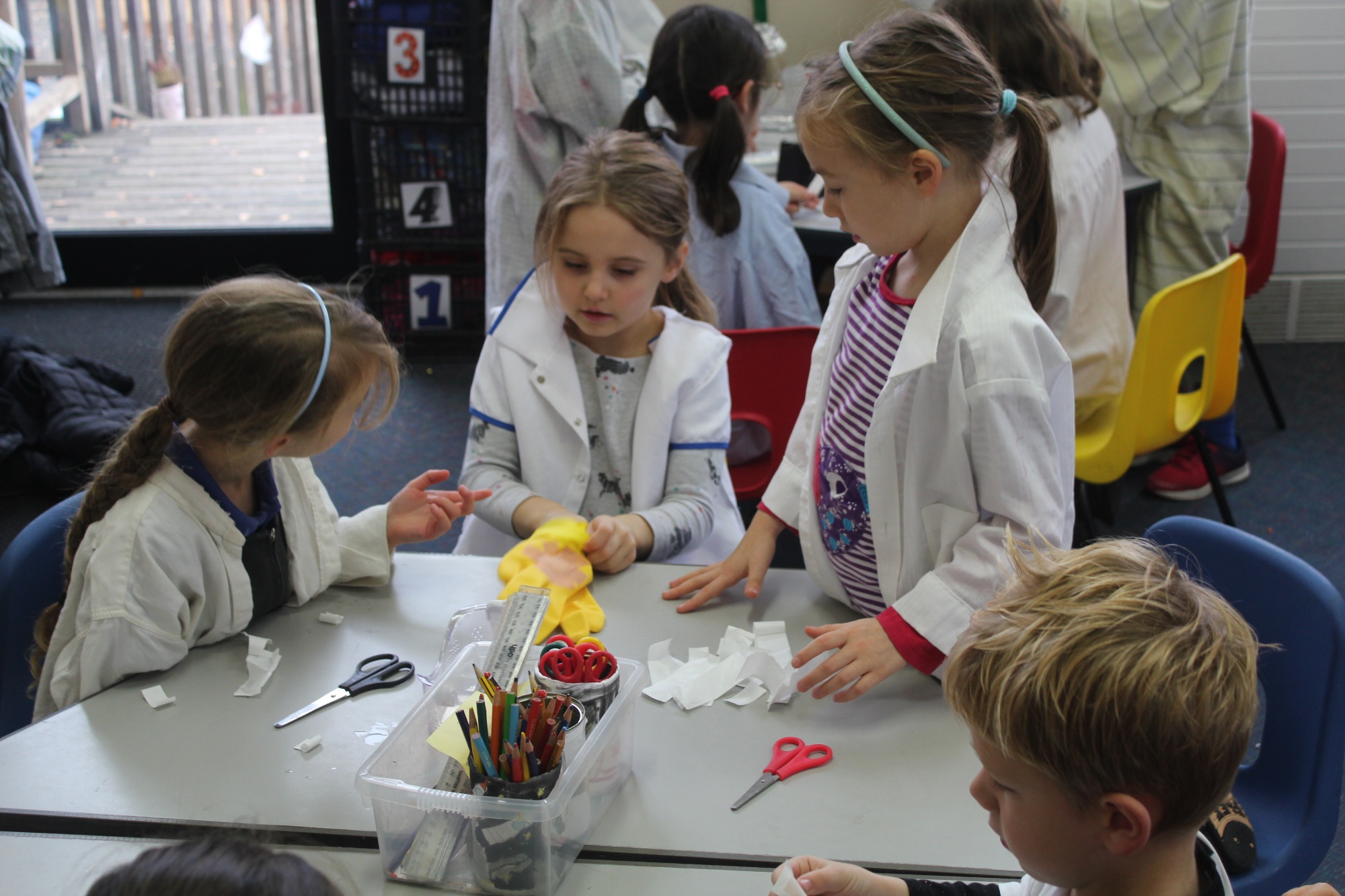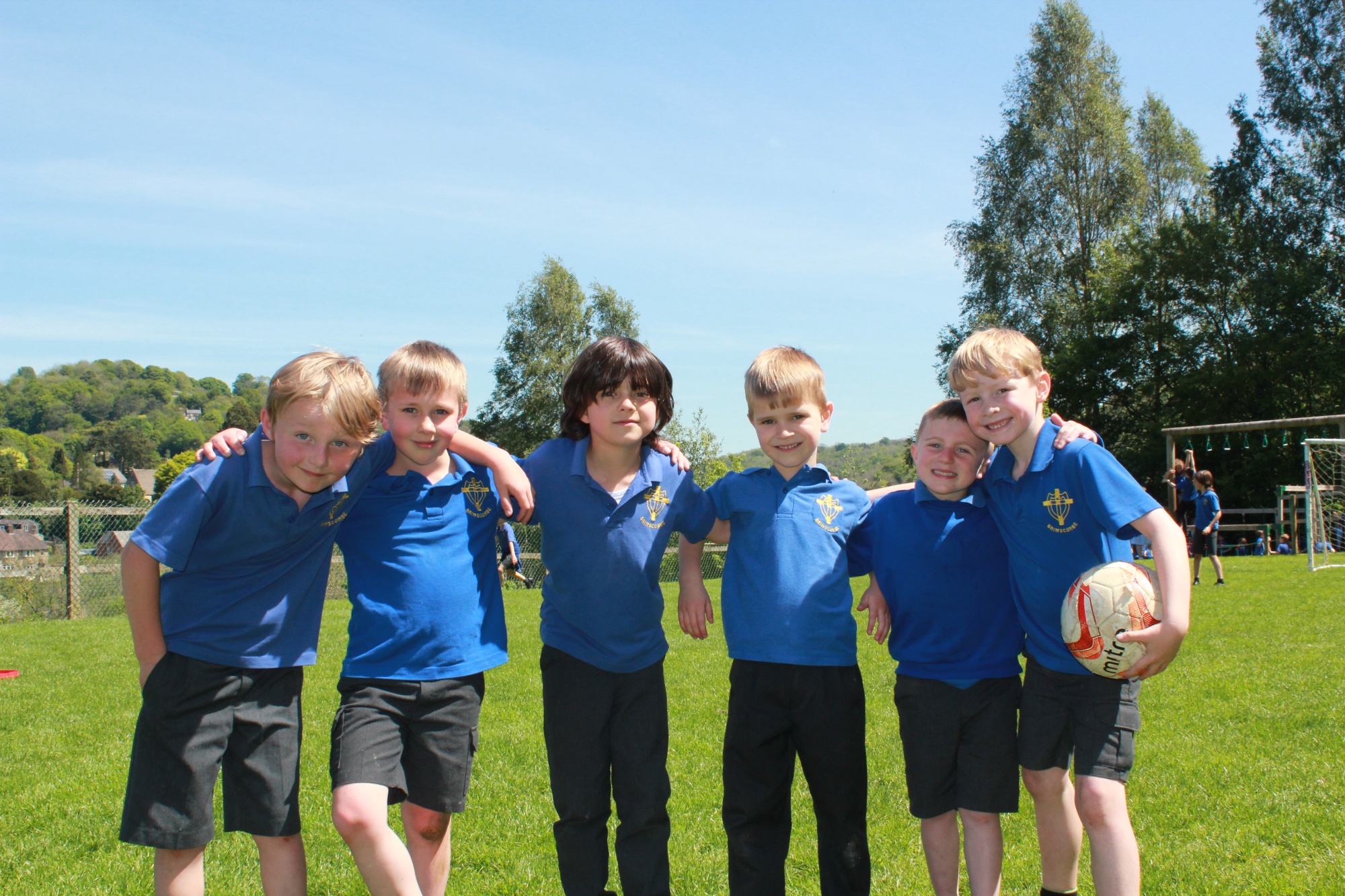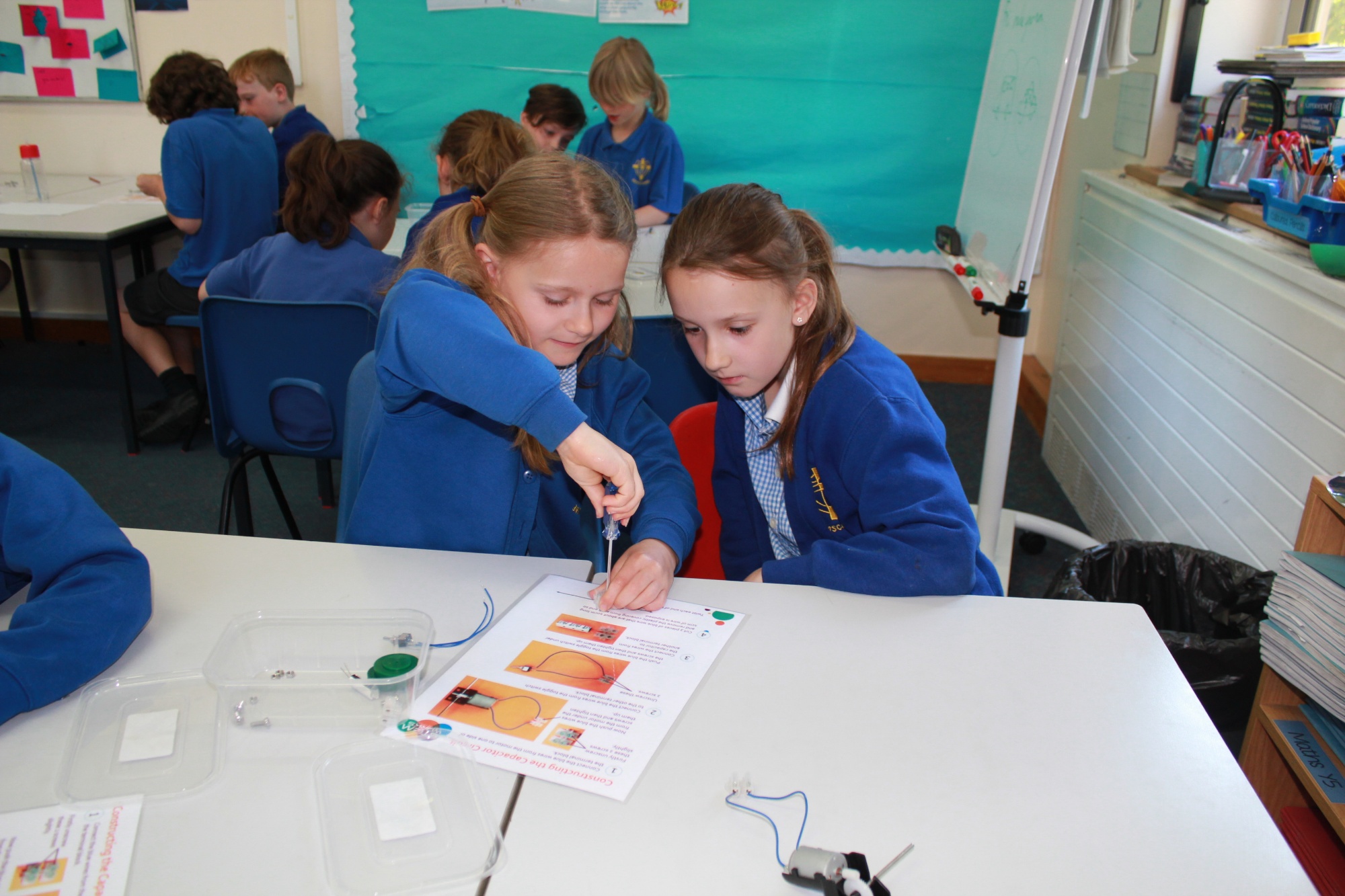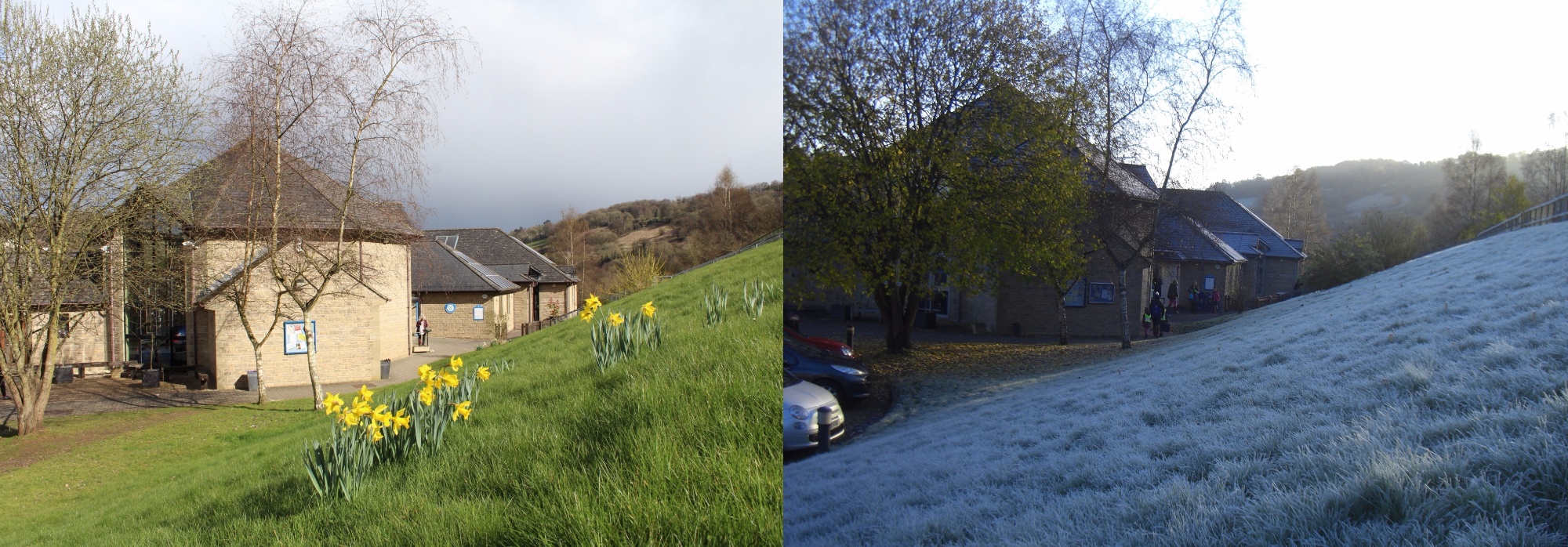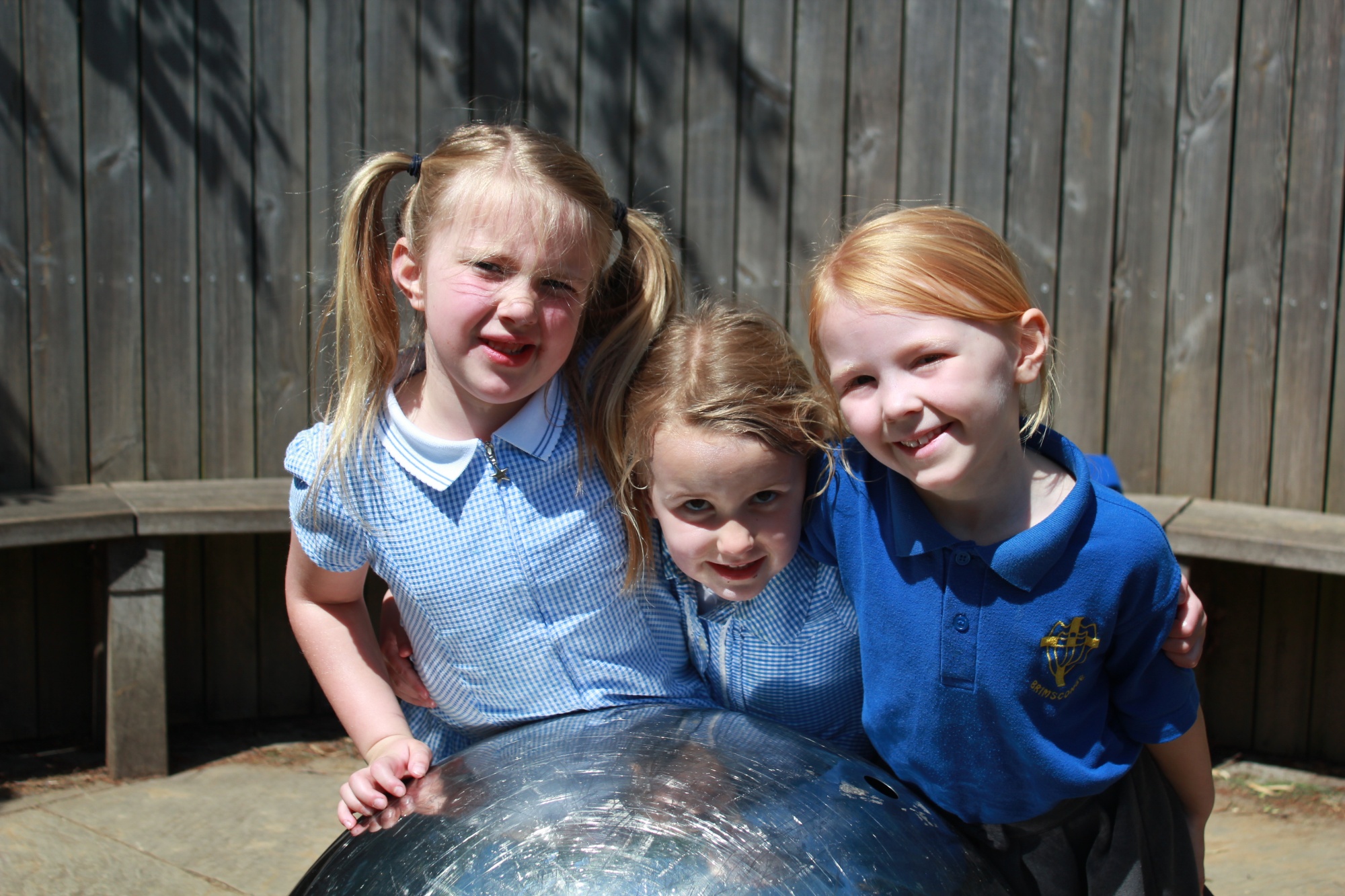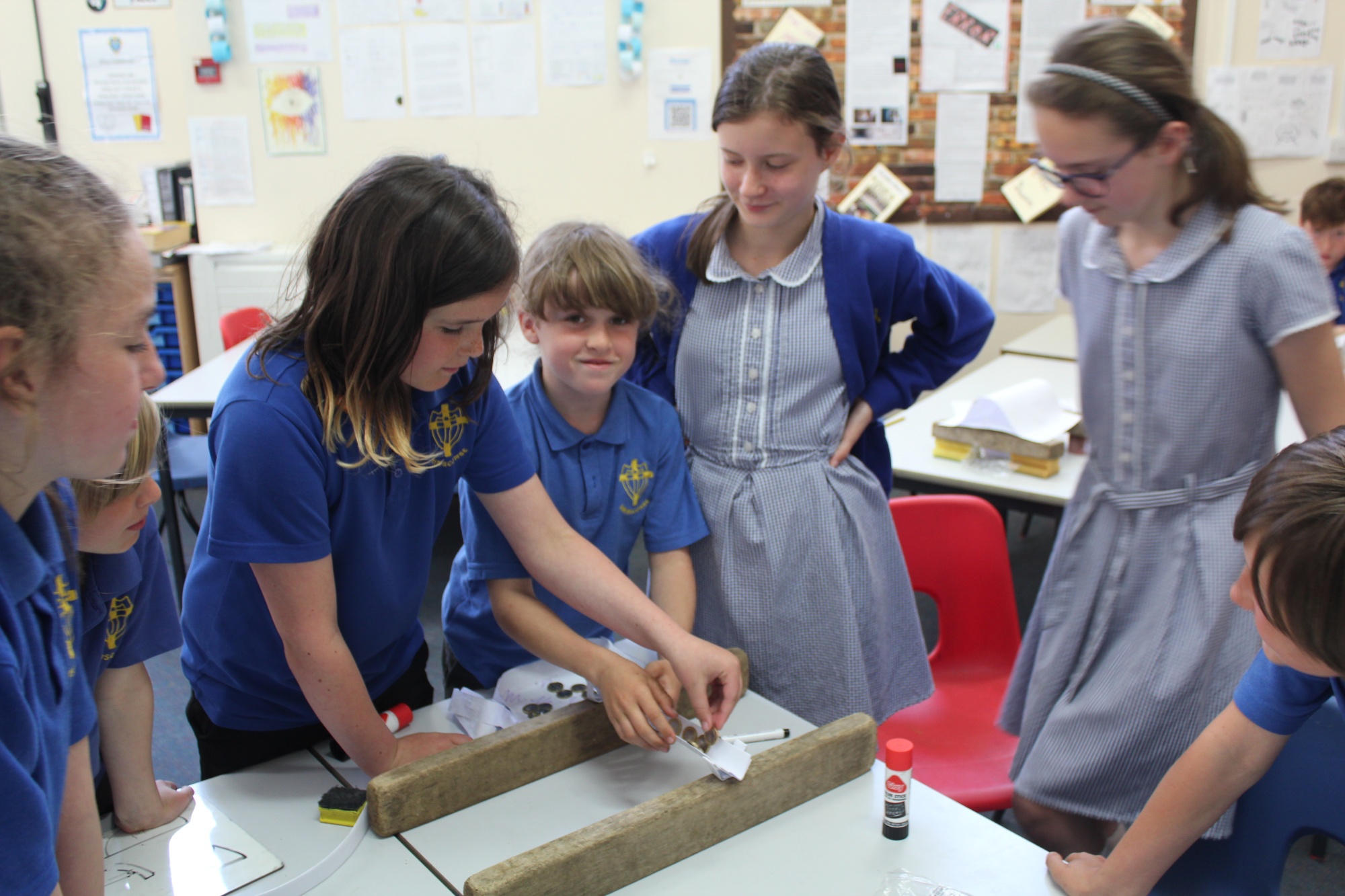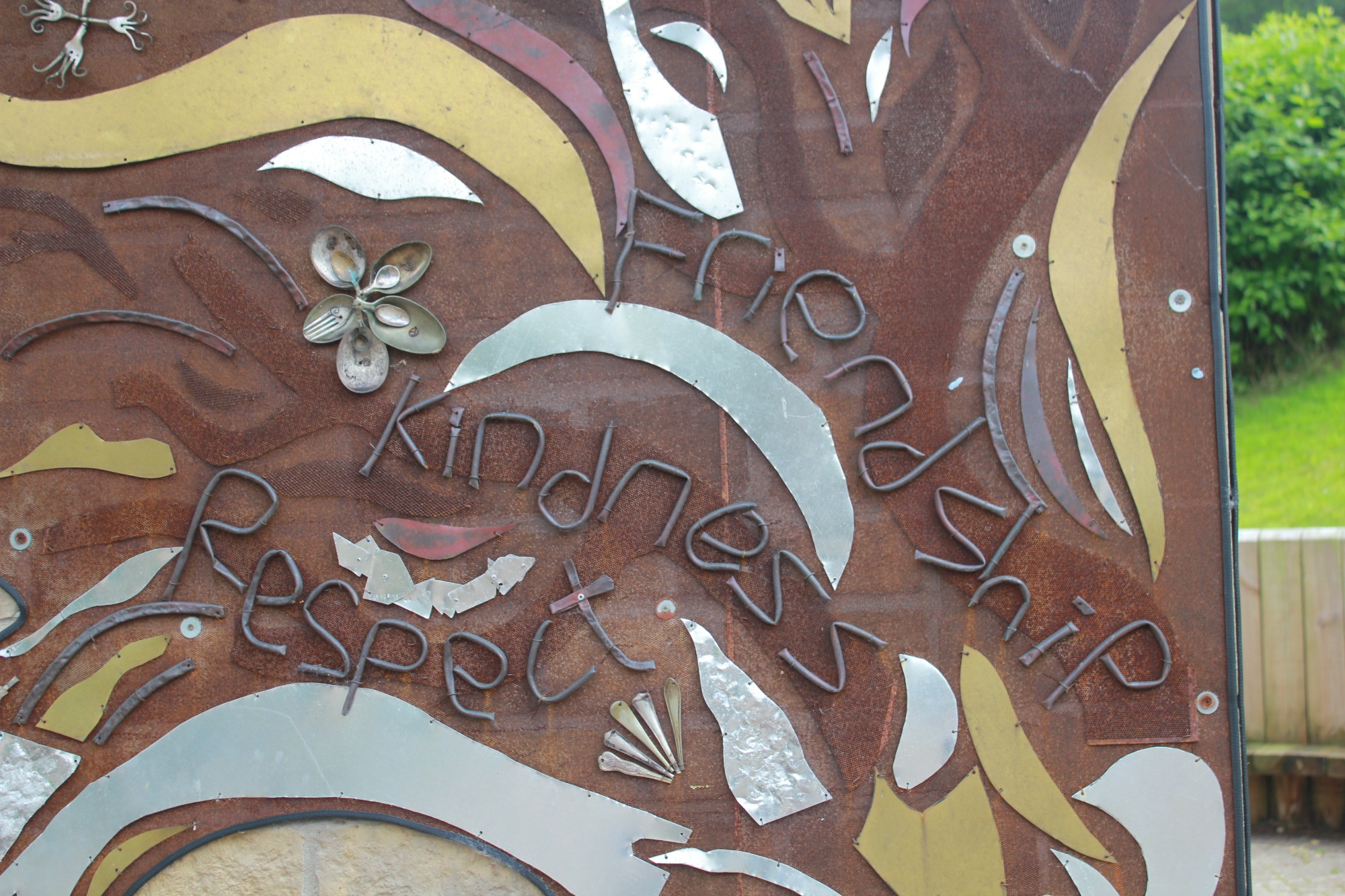Geography
"Stay alert and hold firmly to all you believe. Be mighty and full of courage. Let love and kindness be the motivation behind all that you do." – 1 Corinthians 16:13-14
Intent
At Brimscombe Primary School, our Geography curriculum is shaped by our Christian vision, which encourages courage, curiosity, and compassion. We want our children to become confident, respectful global citizens who are inspired to explore the world around them with open minds and kind hearts.
Through the Kapow Primary scheme of work, we aim to spark children’s curiosity about places near and far, helping them understand how human and physical geography affects lives across the globe. We want children to think like geographers—asking thoughtful questions, investigating the world with purpose, and presenting what they discover with clarity and confidence.
Our Geography teaching nurtures a love of the natural world, encourages stewardship of the environment, and supports children in developing resilience, empathy, and a strong sense of place. We teach our children to value diversity, understand global challenges such as climate change, and see how they can make a difference in shaping a fairer and more sustainable future.
Implementation
Geography is taught through a clear and progressive curriculum from Reception through to Year 6, following the Kapow Primary scheme. Lessons are taught in blocks across the year, often linked to topics or class themes, and enriched through fieldwork opportunities in the local area, trips, and cross-curricular activities.
Our Geography curriculum is built around four key strands:
-
Locational knowledge
-
Place knowledge
-
Human and physical geography
-
Geographical skills and fieldwork
These strands are revisited and deepened each year so children can build on what they’ve learned and apply their knowledge with increasing confidence and complexity.
Each unit begins with a big enquiry question, encouraging children to explore real-world geographical issues and develop critical thinking. Children learn to collect, measure, record, and analyse geographical data, often through practical, hands-on experiences—whether it's exploring local rivers, studying weather patterns, or comparing different communities around the world.
We provide a range of tools and resources to support high-quality Geography teaching, including maps, atlases, globes, digital mapping software, and fieldwork equipment. Teachers are supported with professional development videos and planning guides to ensure strong subject knowledge and inclusive practice.
We raise the profile of Geography through special themed weeks, eco initiatives, local visits, and collaborative projects that reflect our school’s values of kindness, courage, and community.
Impact
By the time children leave Brimscombe Primary, they will have developed a secure understanding of their local area, the wider world, and the connections between people and places. They will be able to speak confidently about physical processes like weather, the water cycle, and natural disasters, and explain how human actions affect the environment—for better or worse.
Through regular assessment for learning (AfL), including quizzes, discussions, written tasks and presentations, teachers check children’s understanding and adapt teaching to fill gaps. Each unit includes clear objectives, retrieval tasks, and opportunities for children to show what they know. We track progress across the school to ensure children meet the National Curriculum expectations and are ready for Geography at secondary level.
The expected outcomes of our Geography curriculum include:
-
Secure understanding of place, location and geographical vocabulary.
-
Ability to compare and contrast environments across the UK, Europe and the wider world.
-
Fieldwork skills including map reading, data collection and analysis.
-
Knowledge of key global concepts such as climate, trade, natural resources and sustainability.
-
Respect and appreciation for diverse cultures and environments.
-
Confidence in enquiry-led learning, presenting findings and making informed decisions.
Ultimately, Geography at Brimscombe encourages children to be brave in their thinking, kind in their actions, and alert to the beauty and challenges of the world around them—living out our Christian vision in every learning journey.


